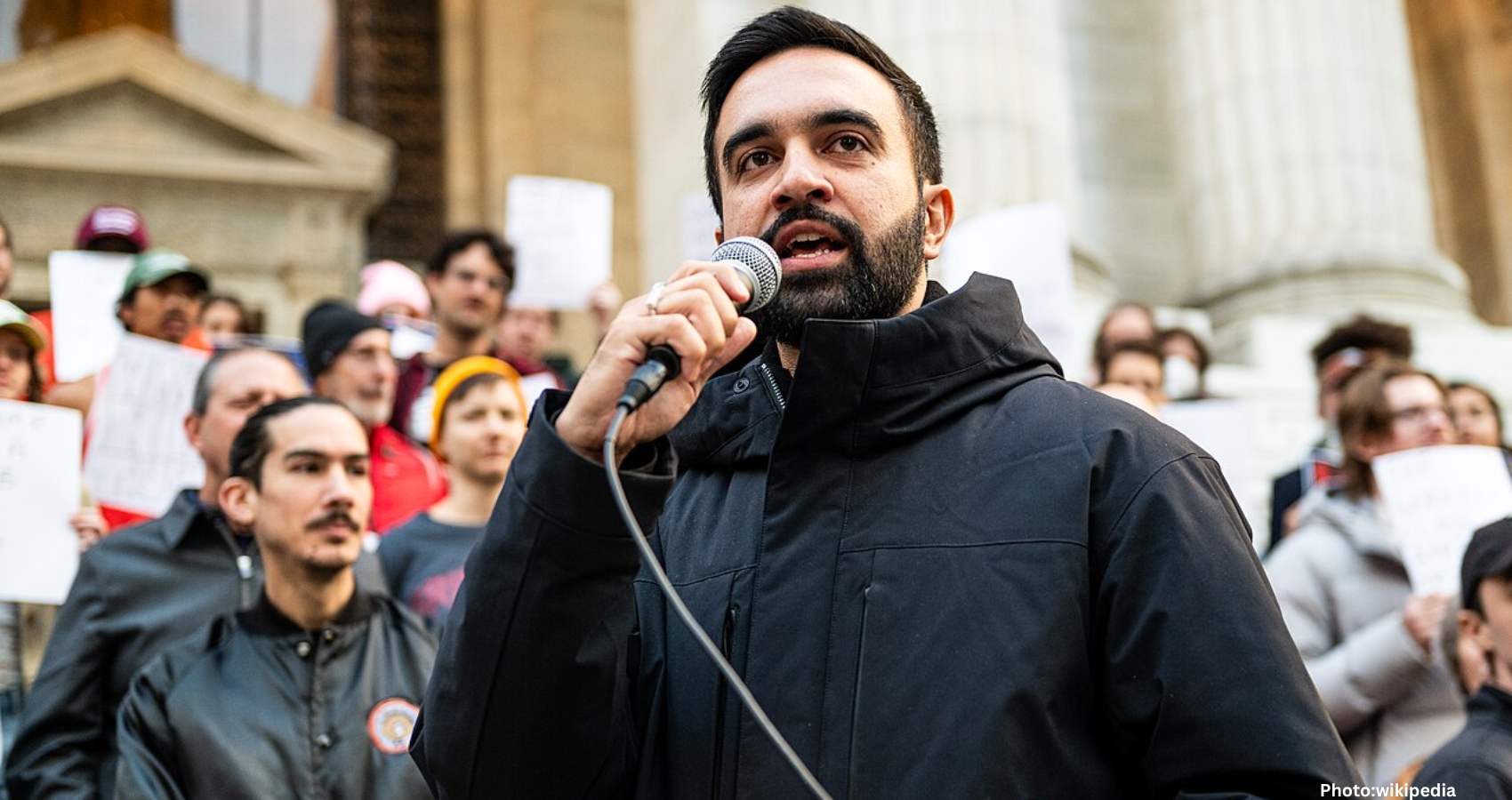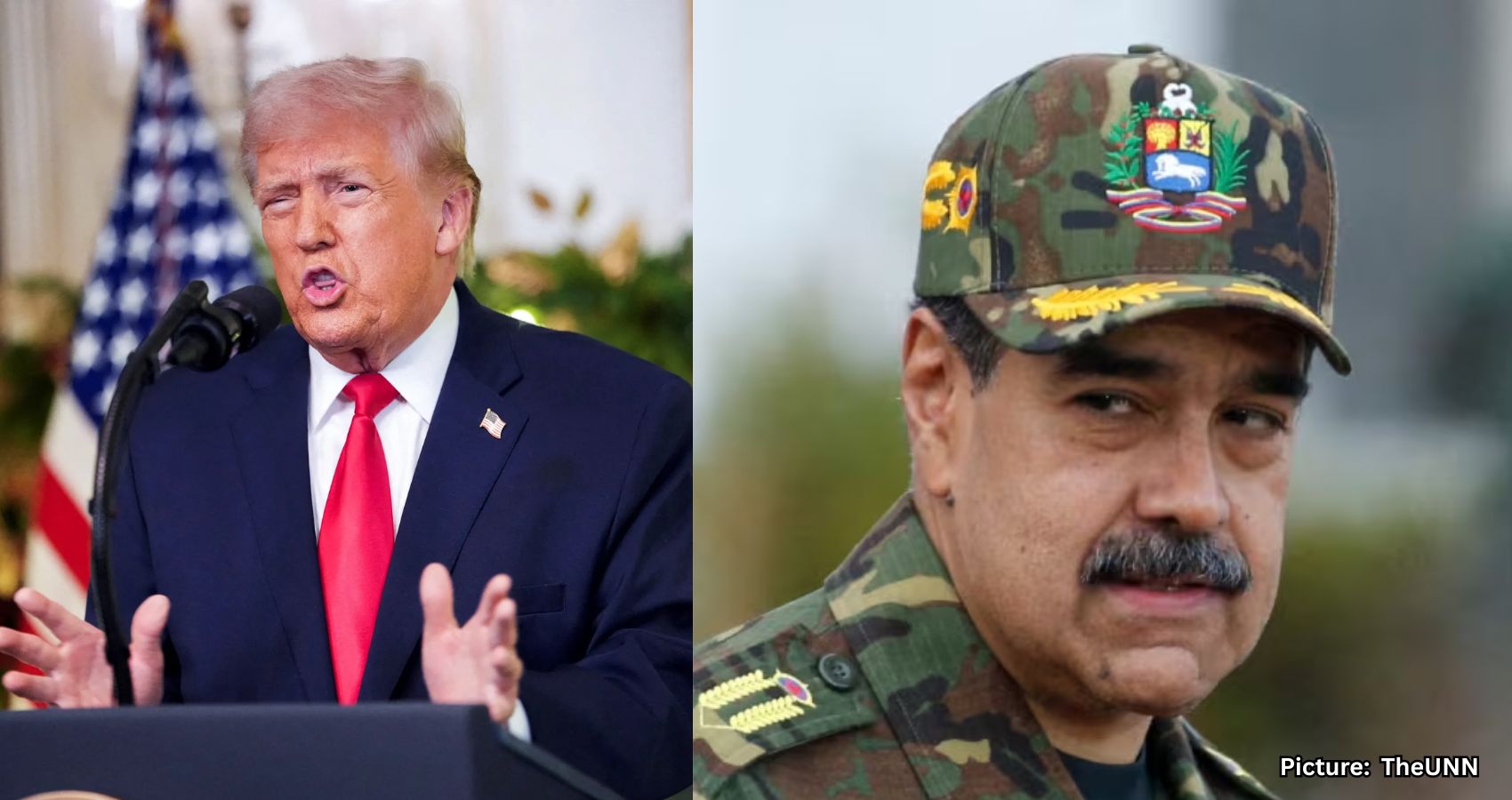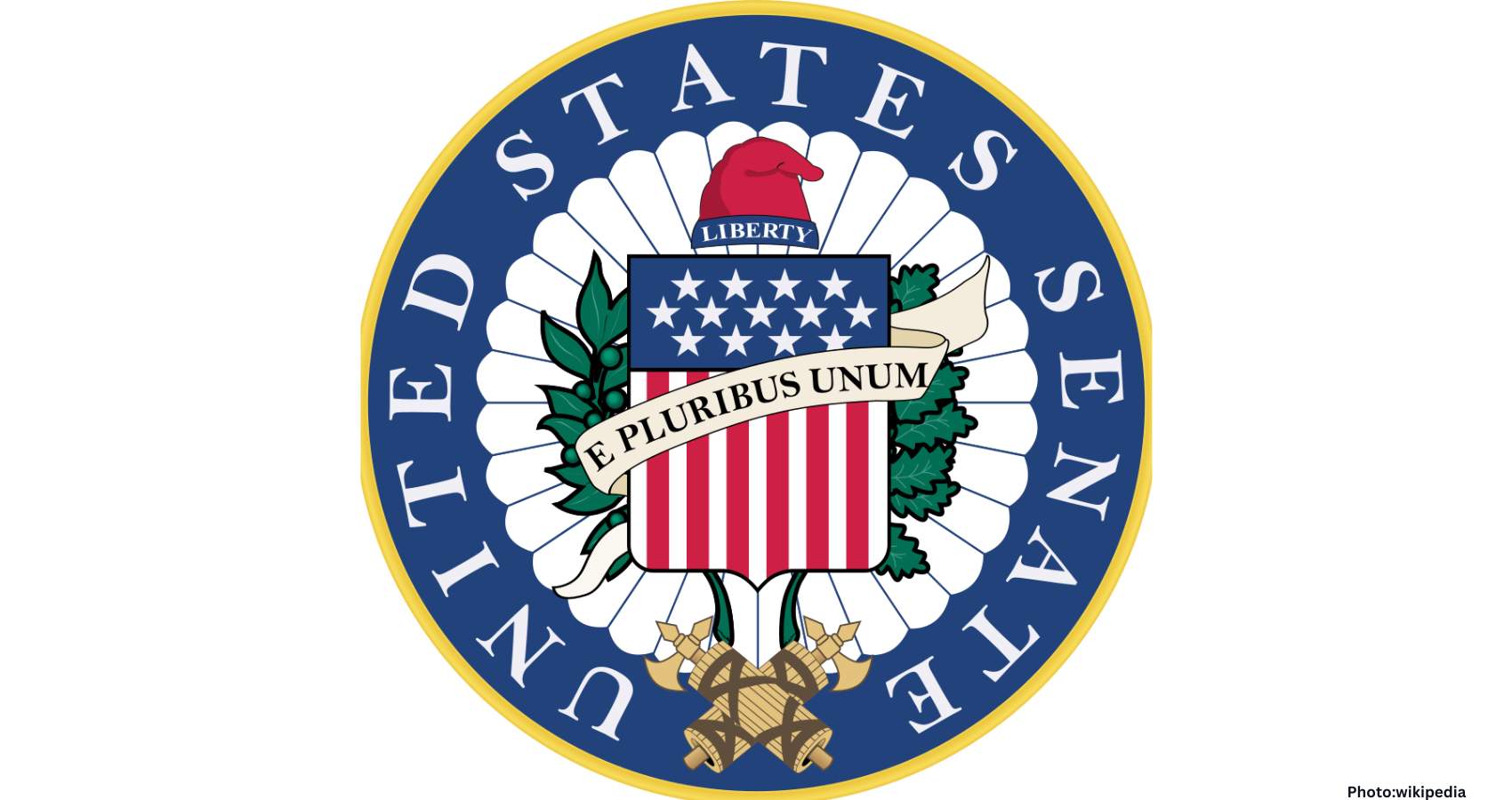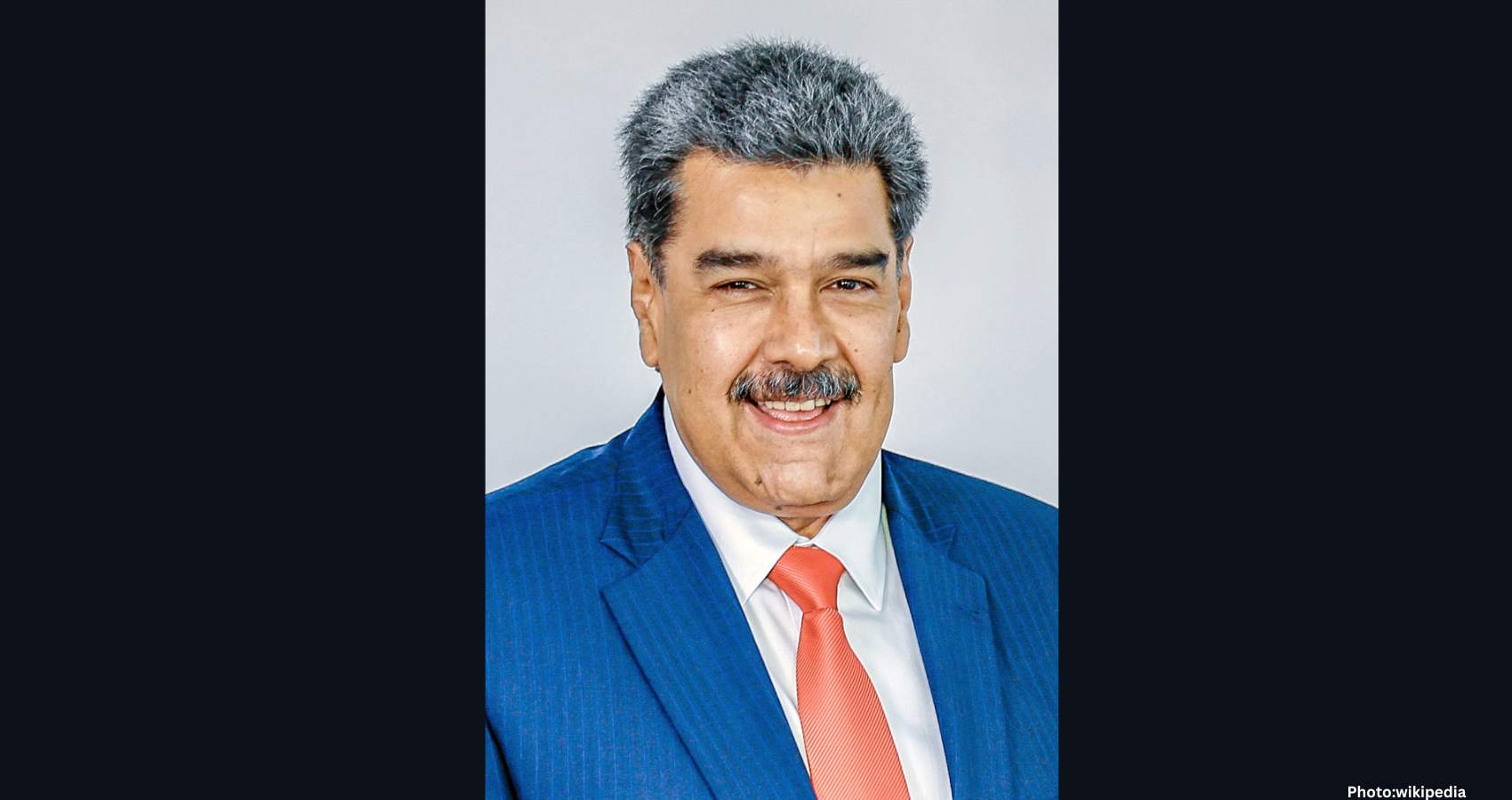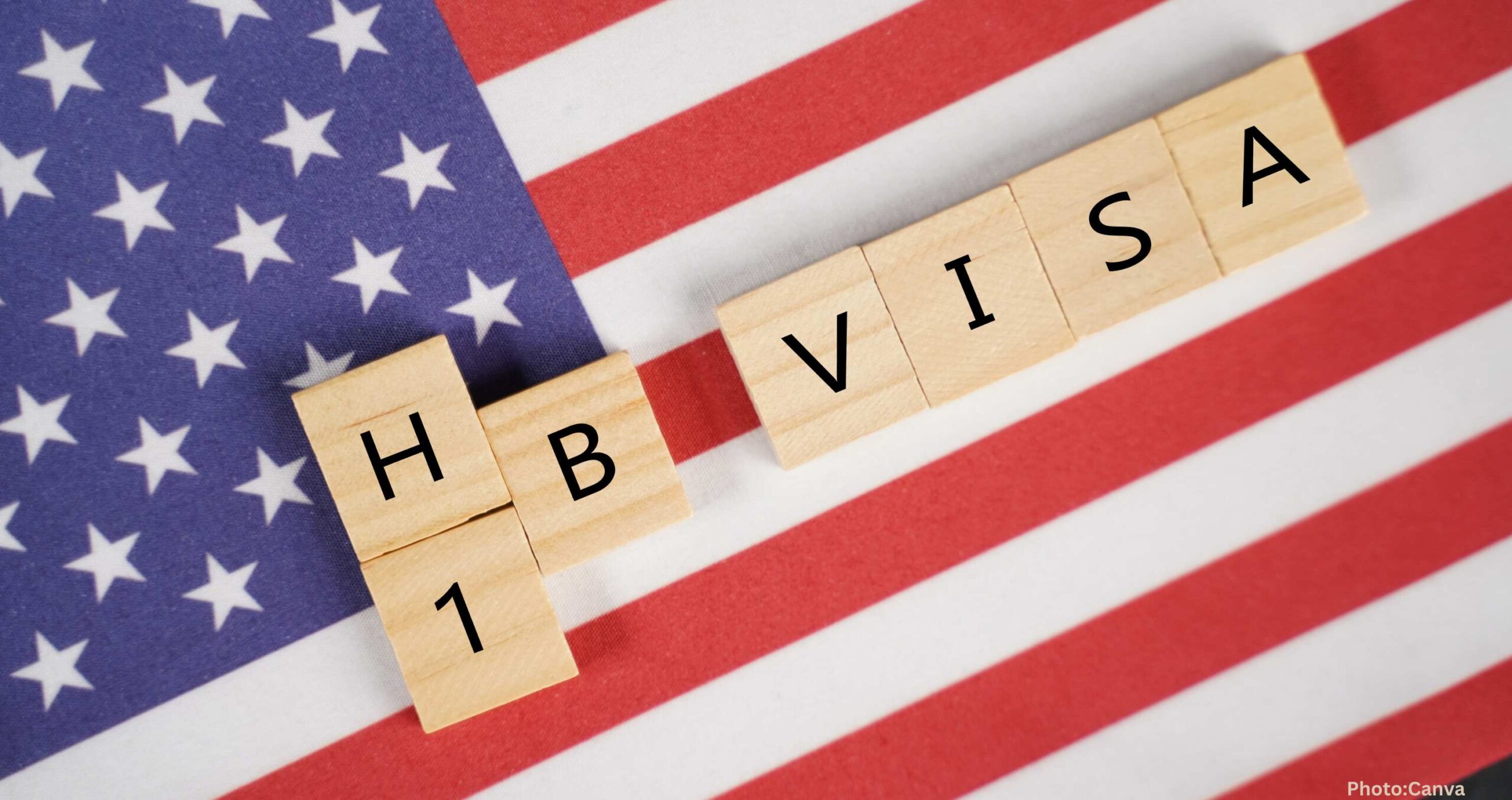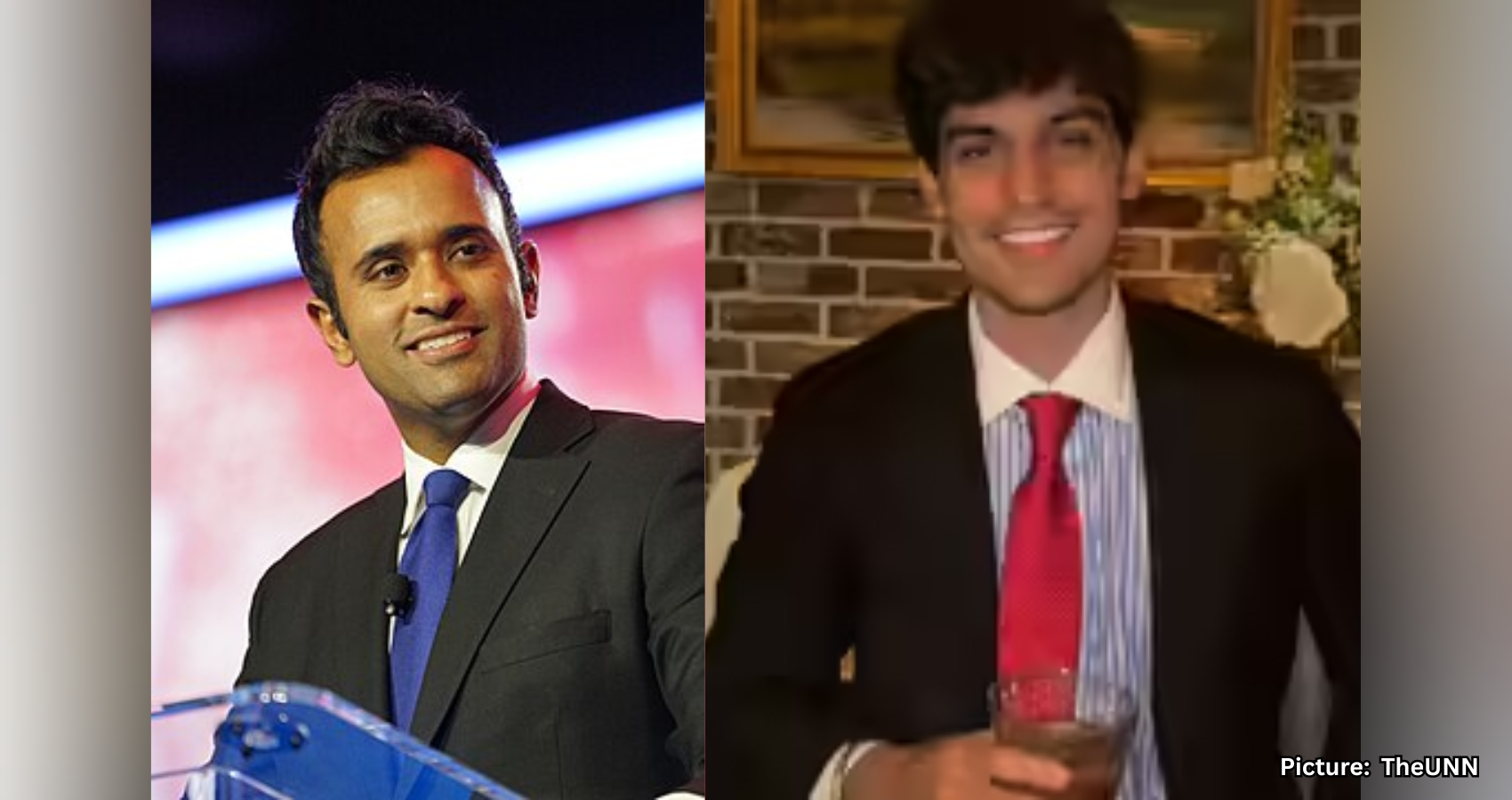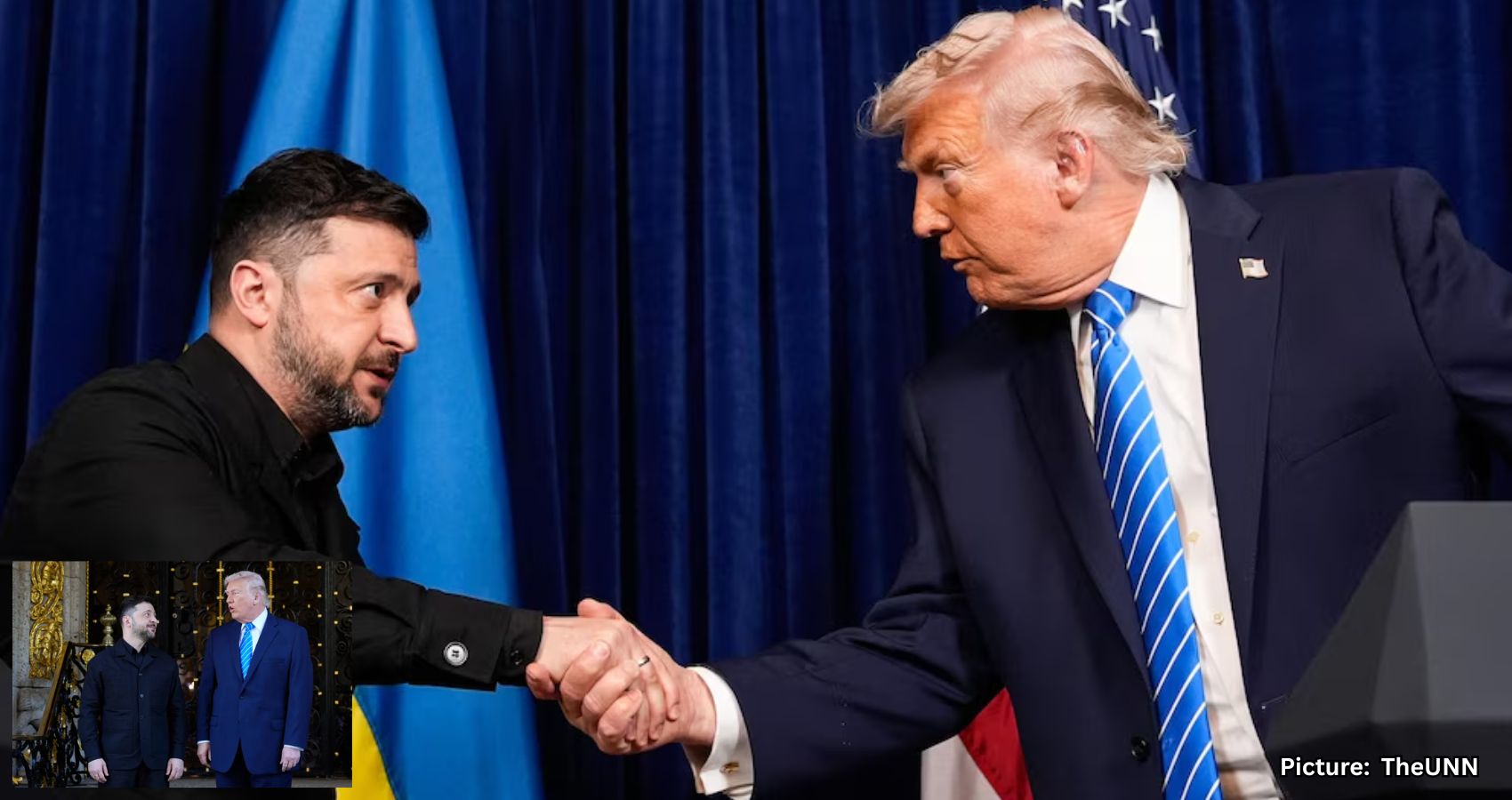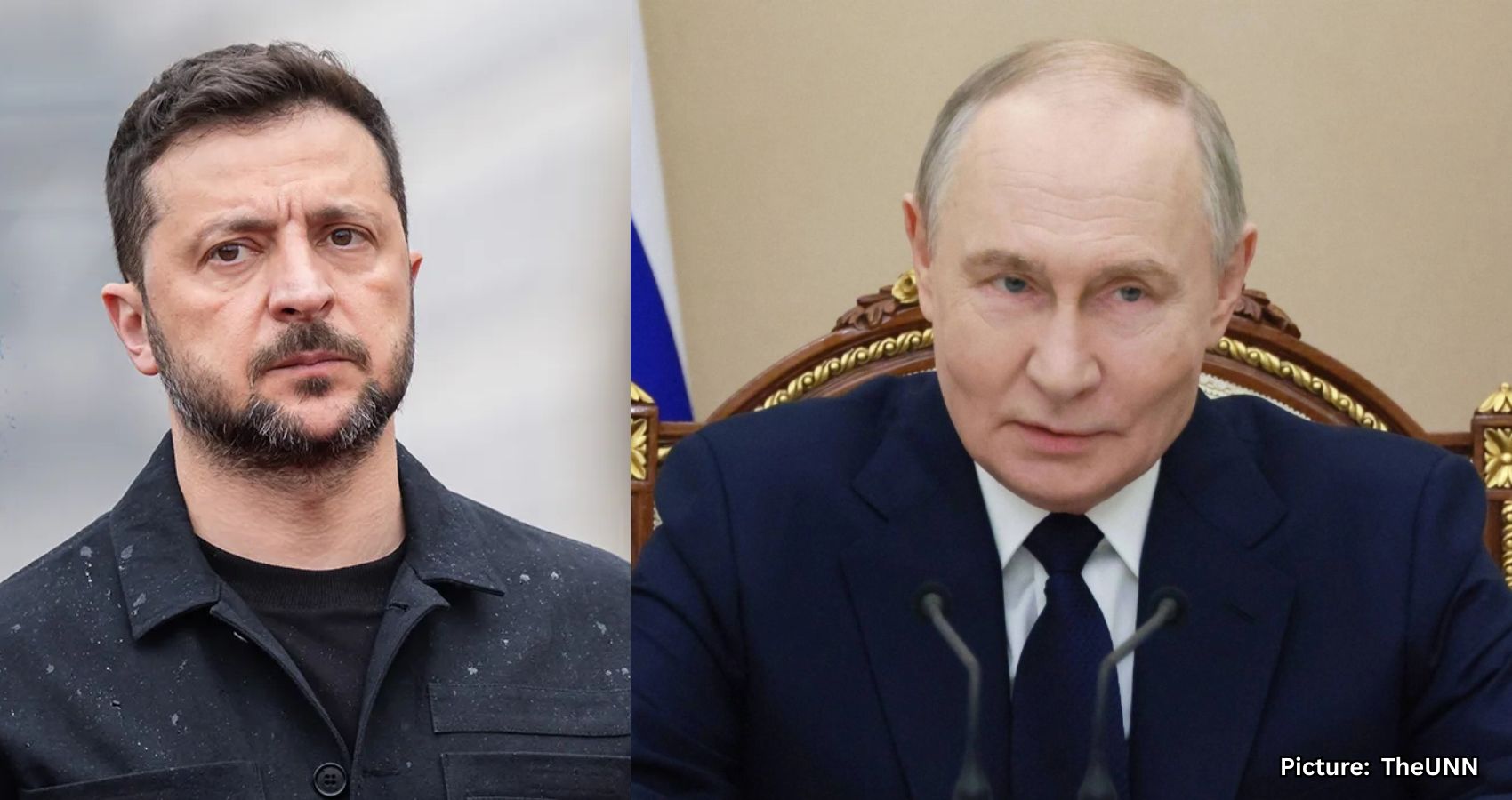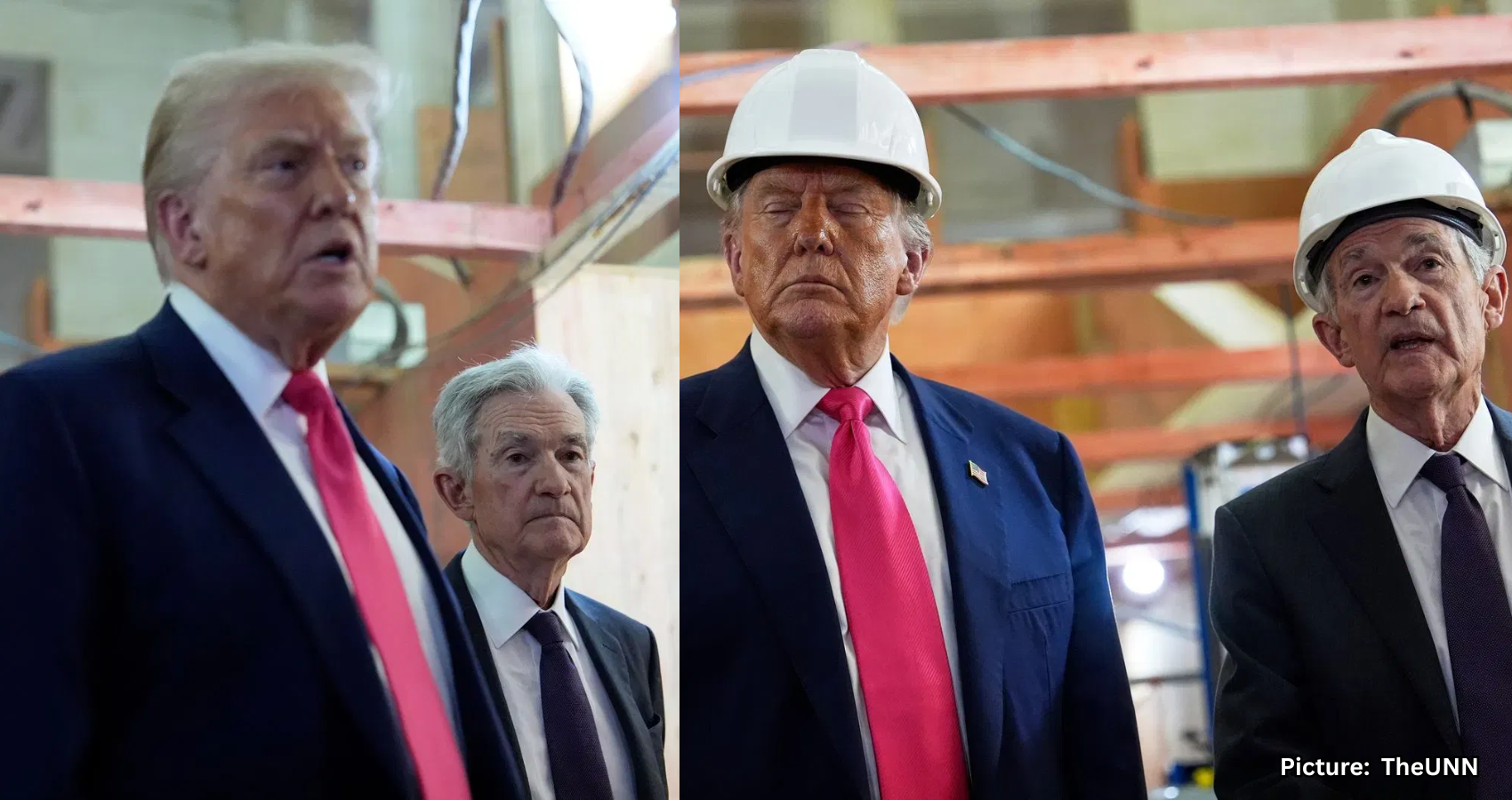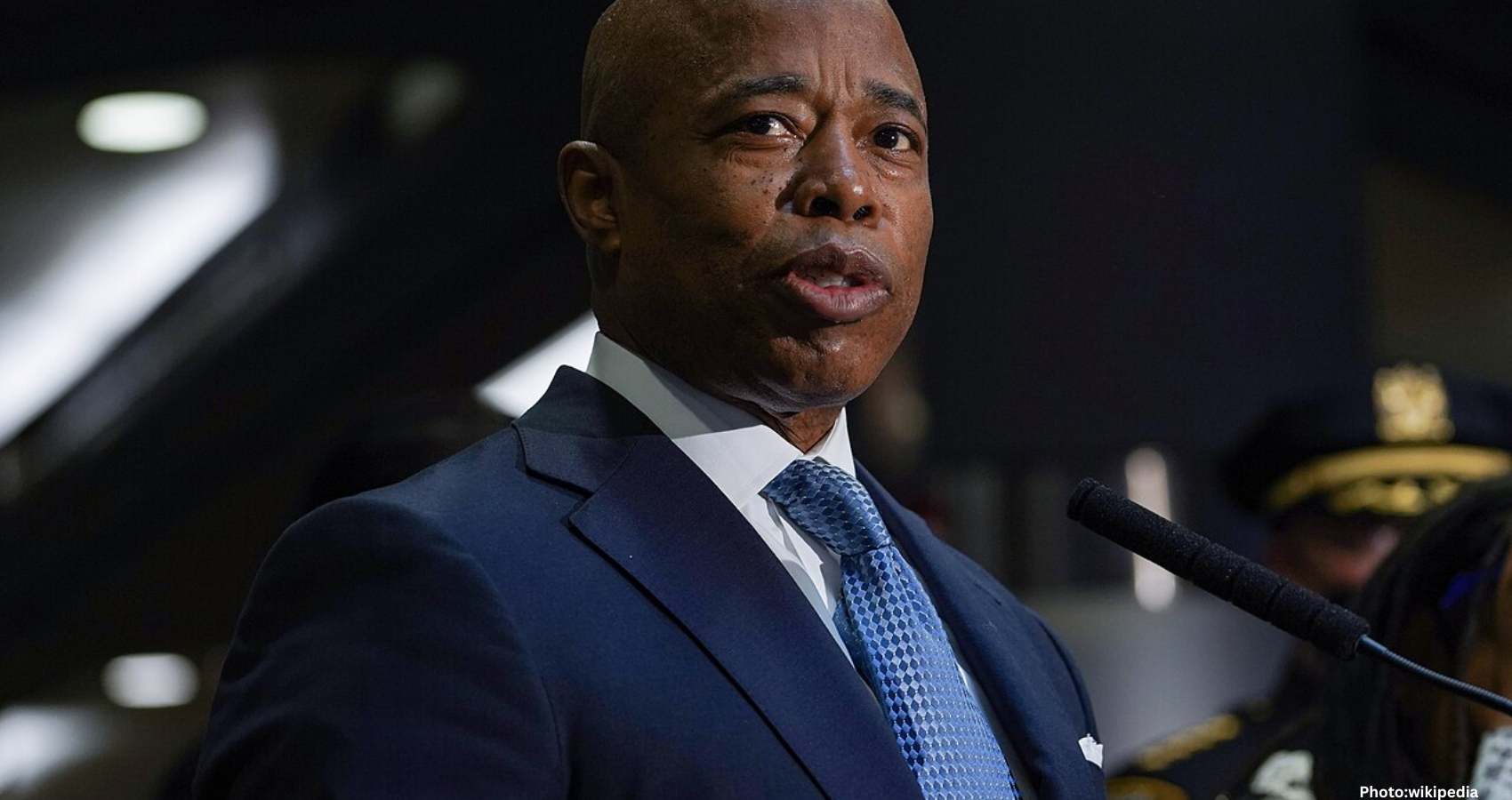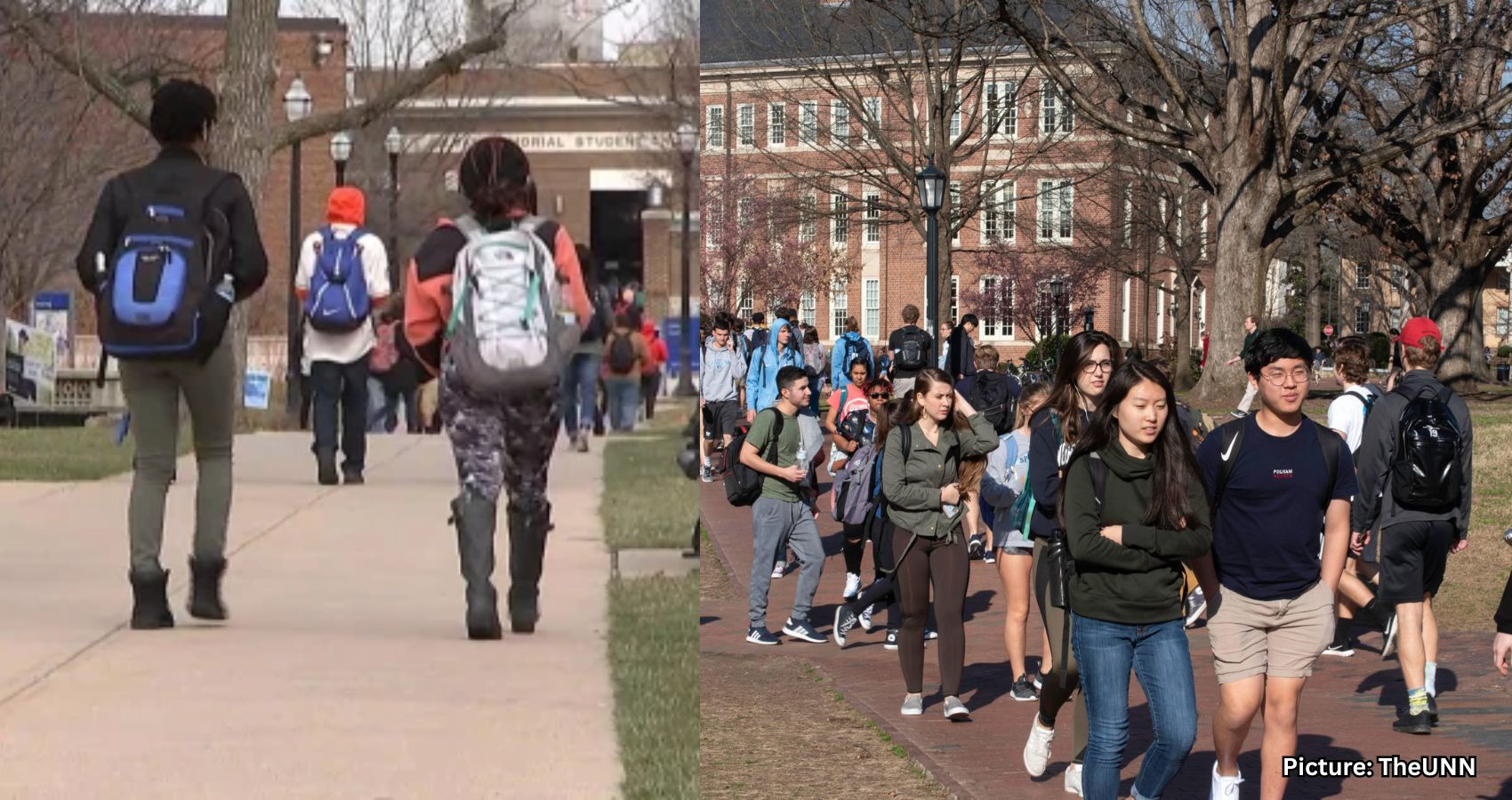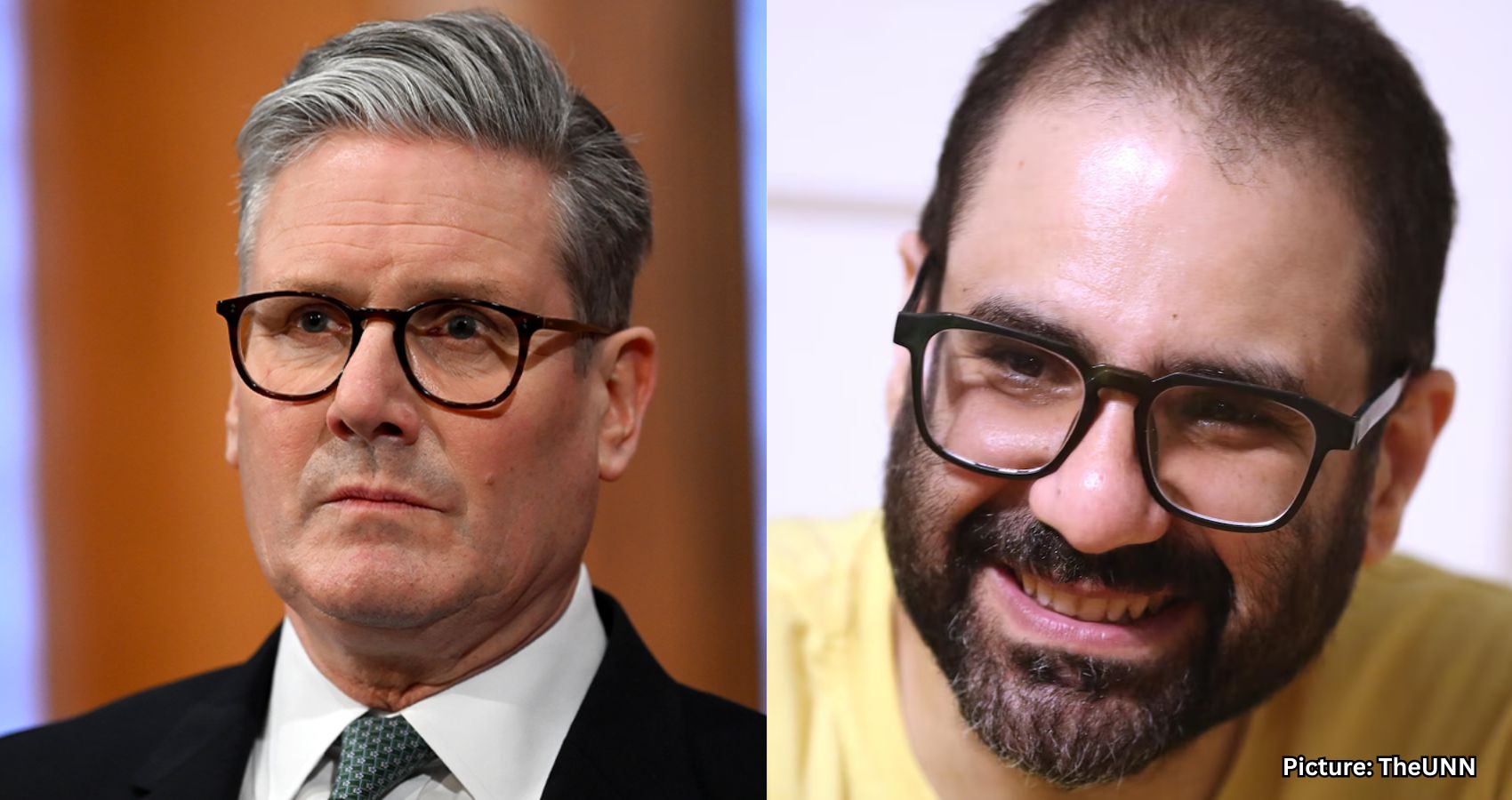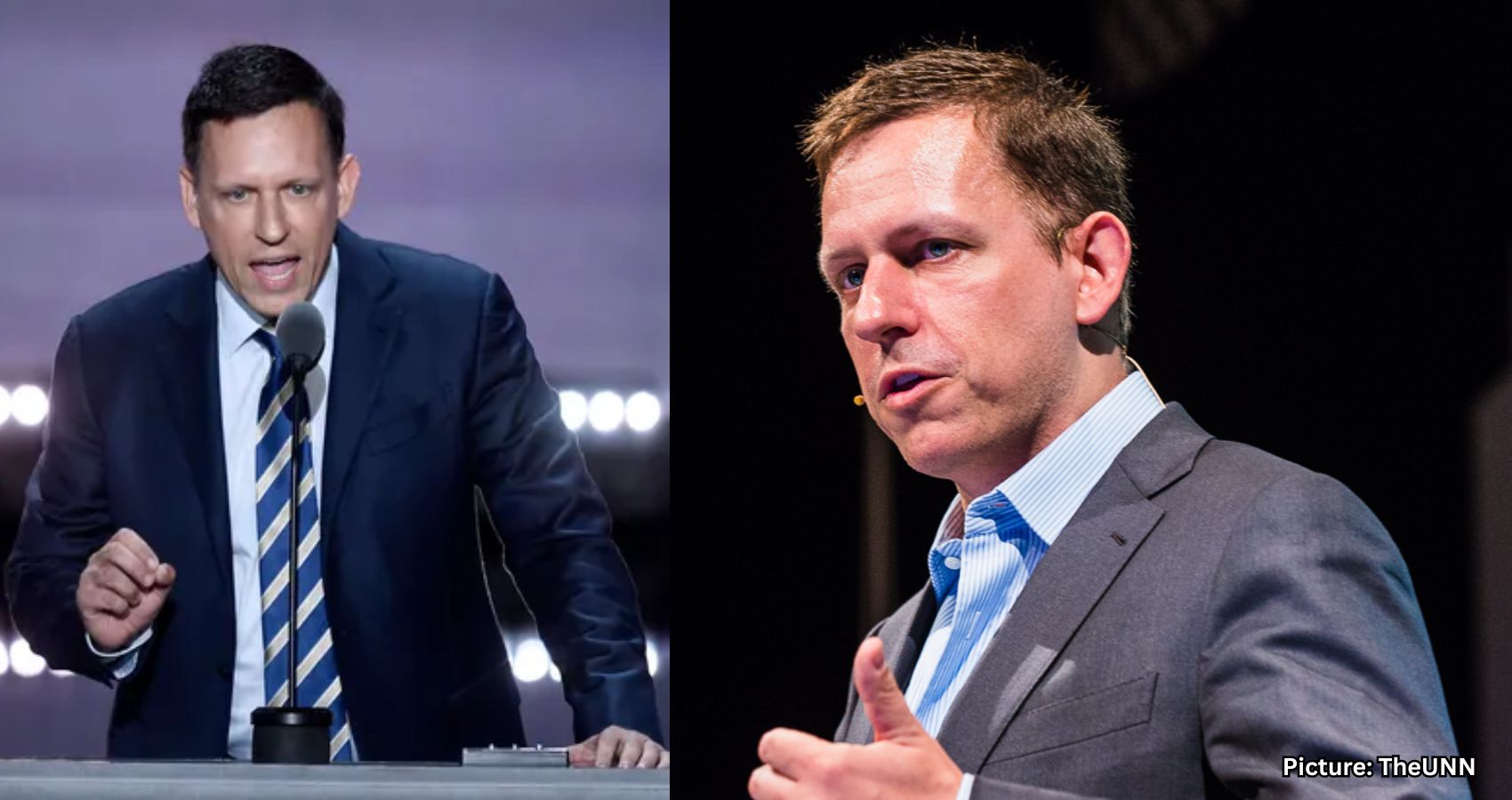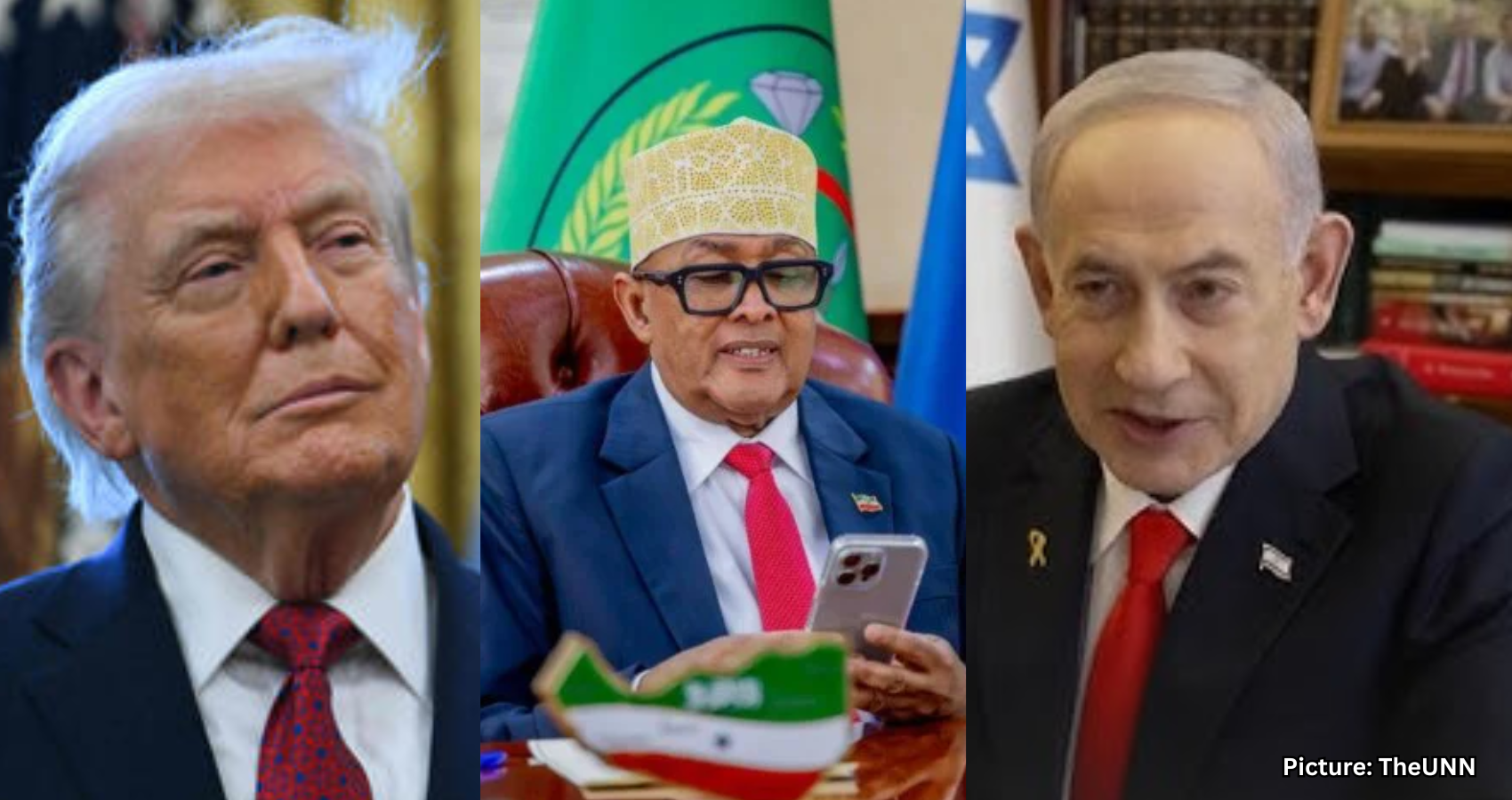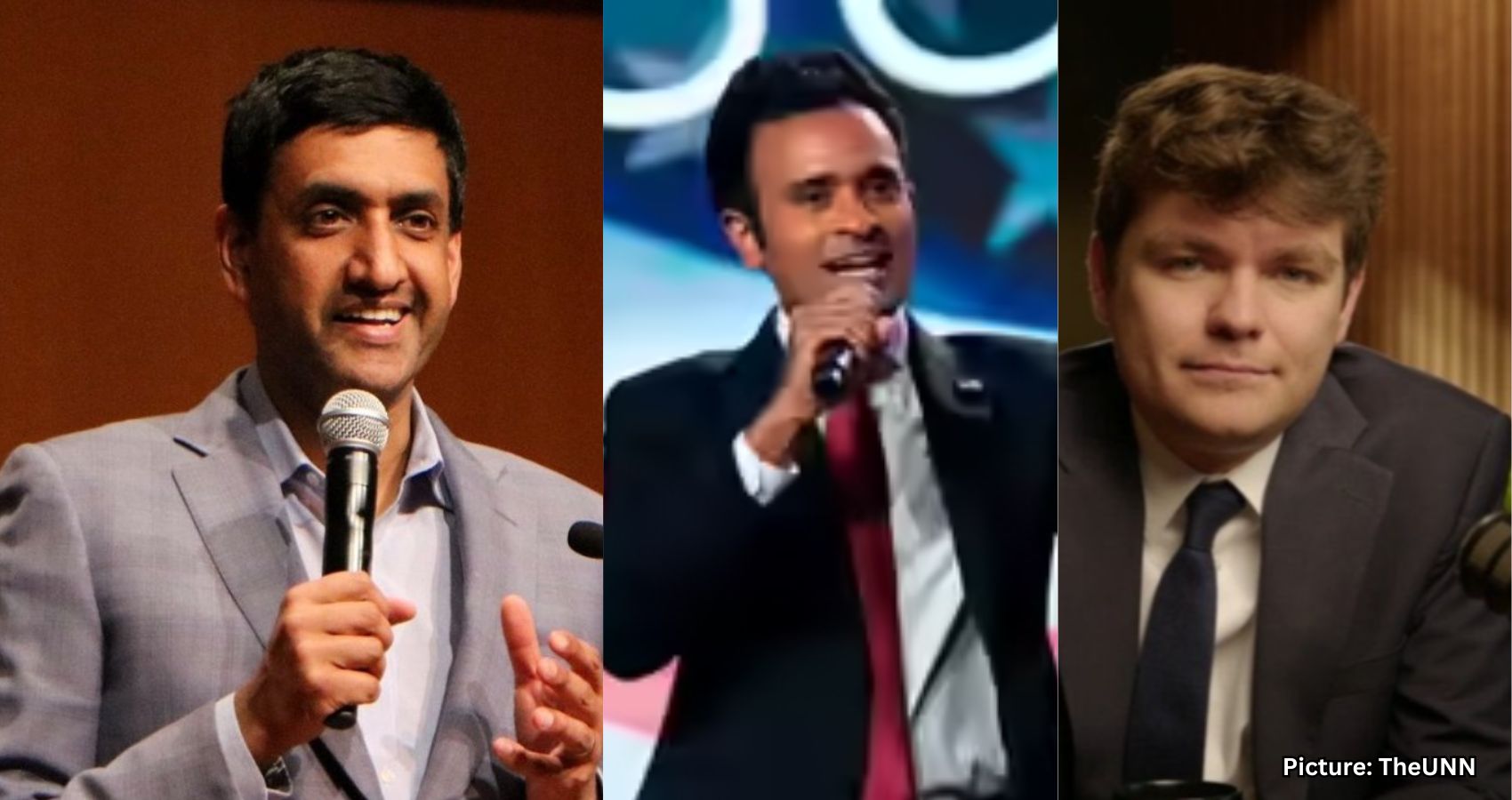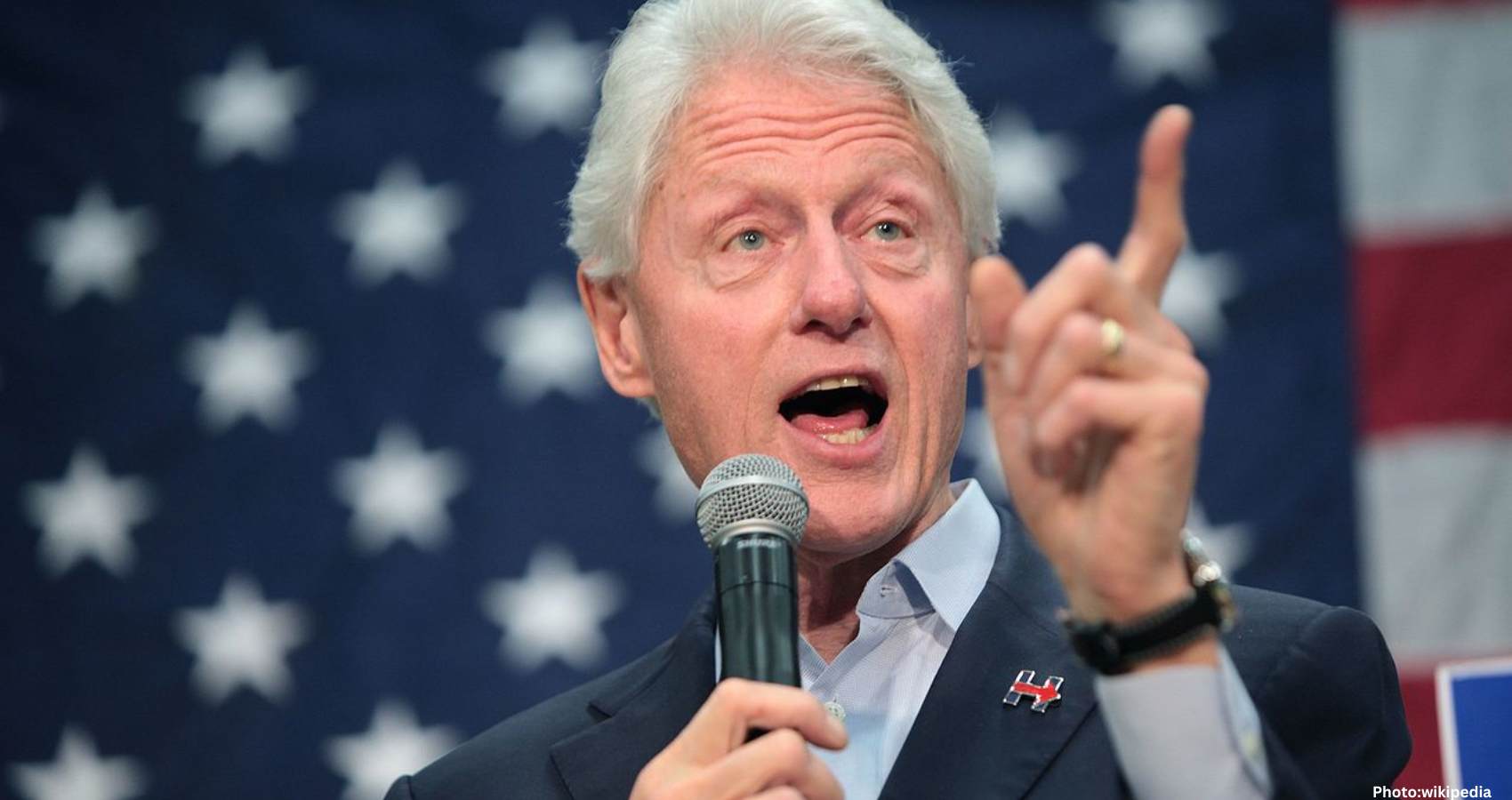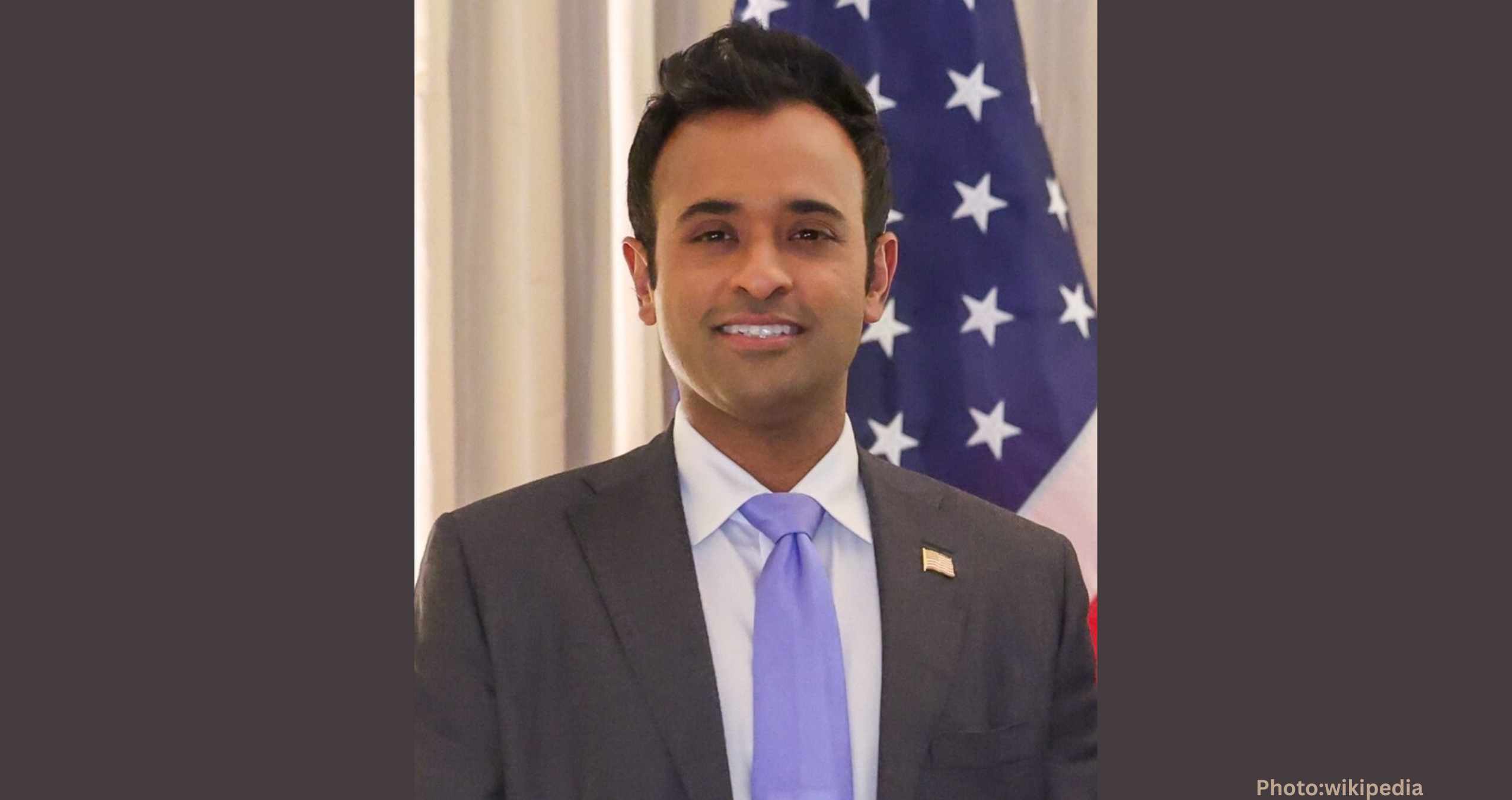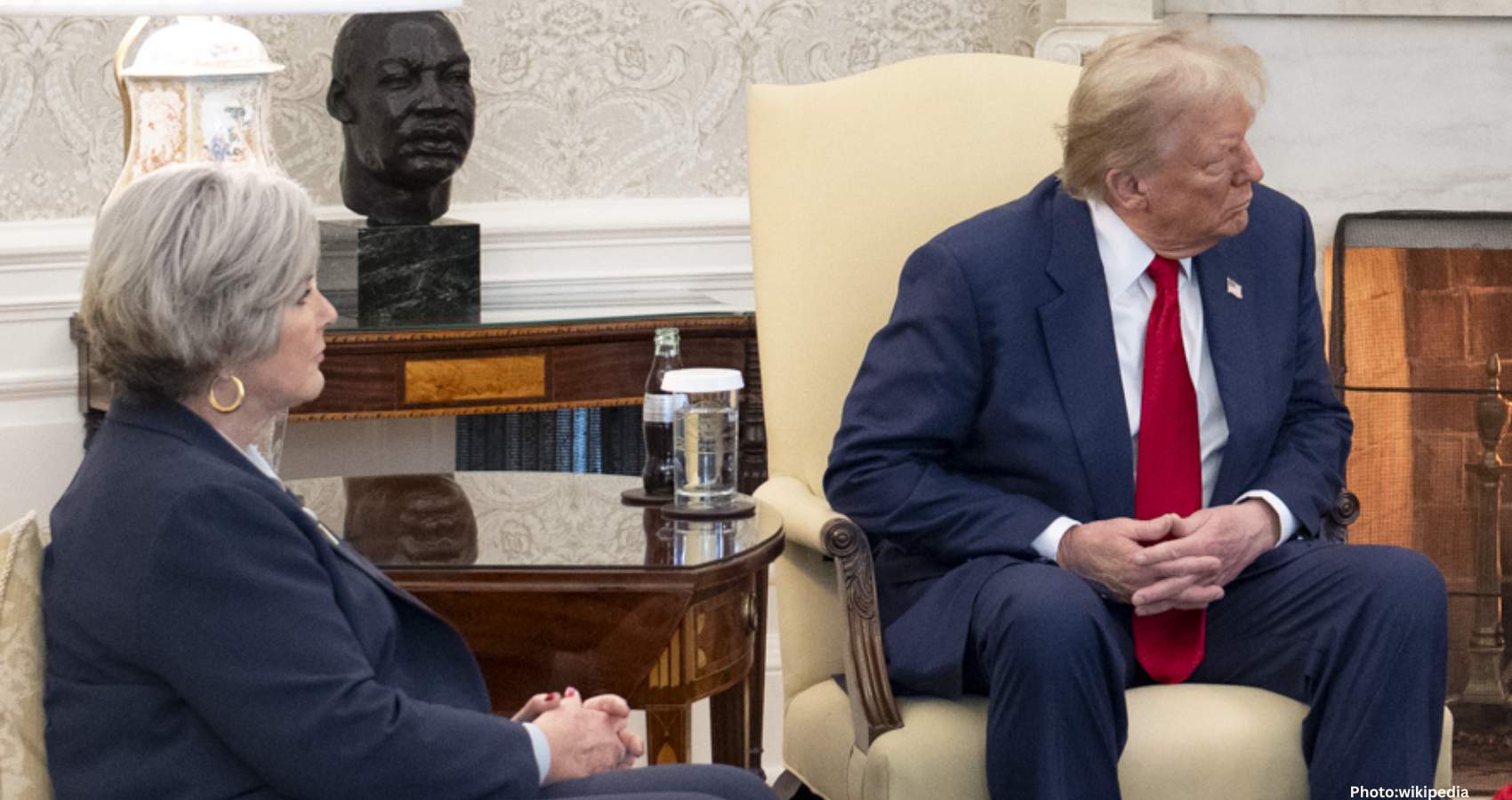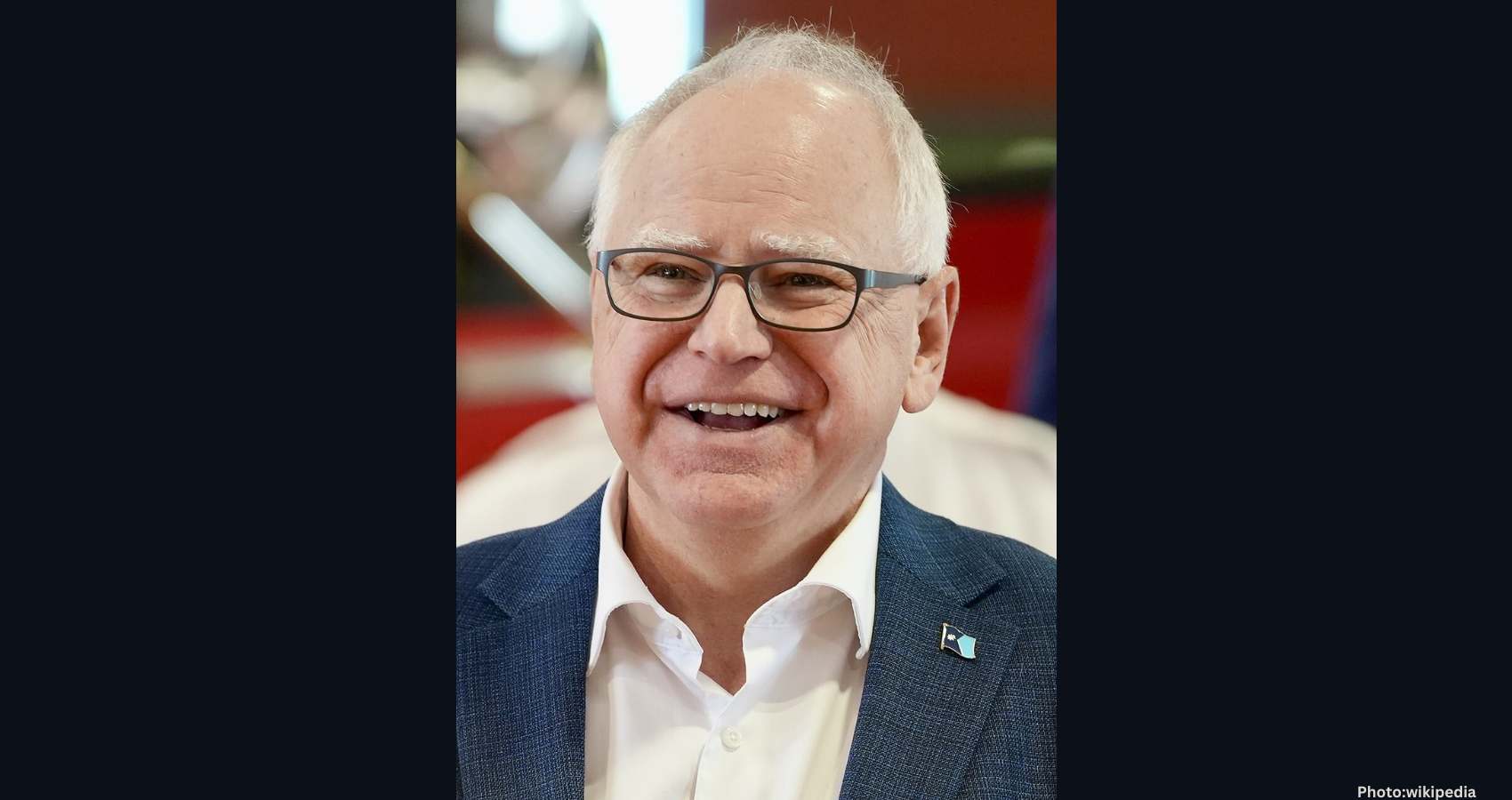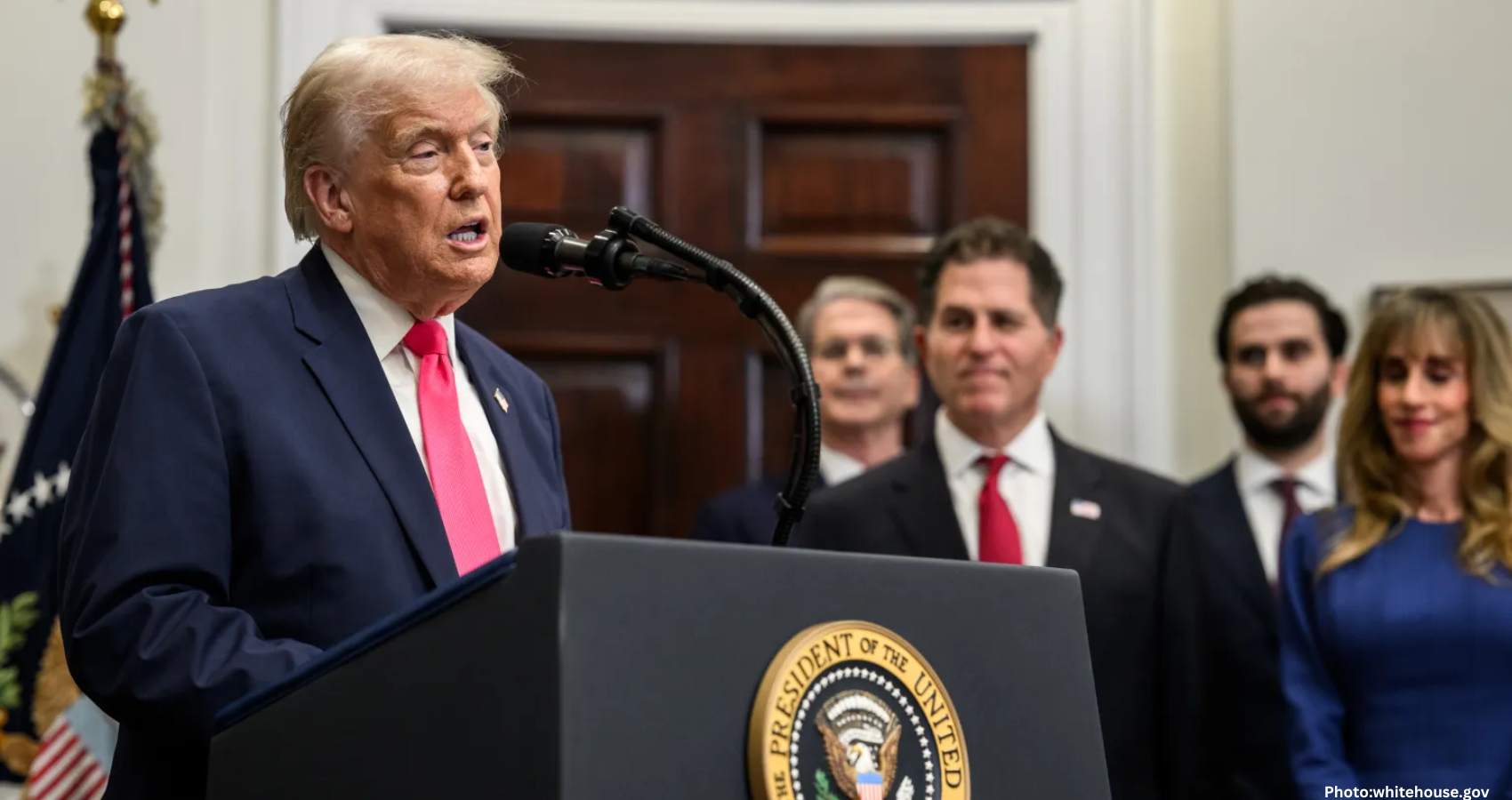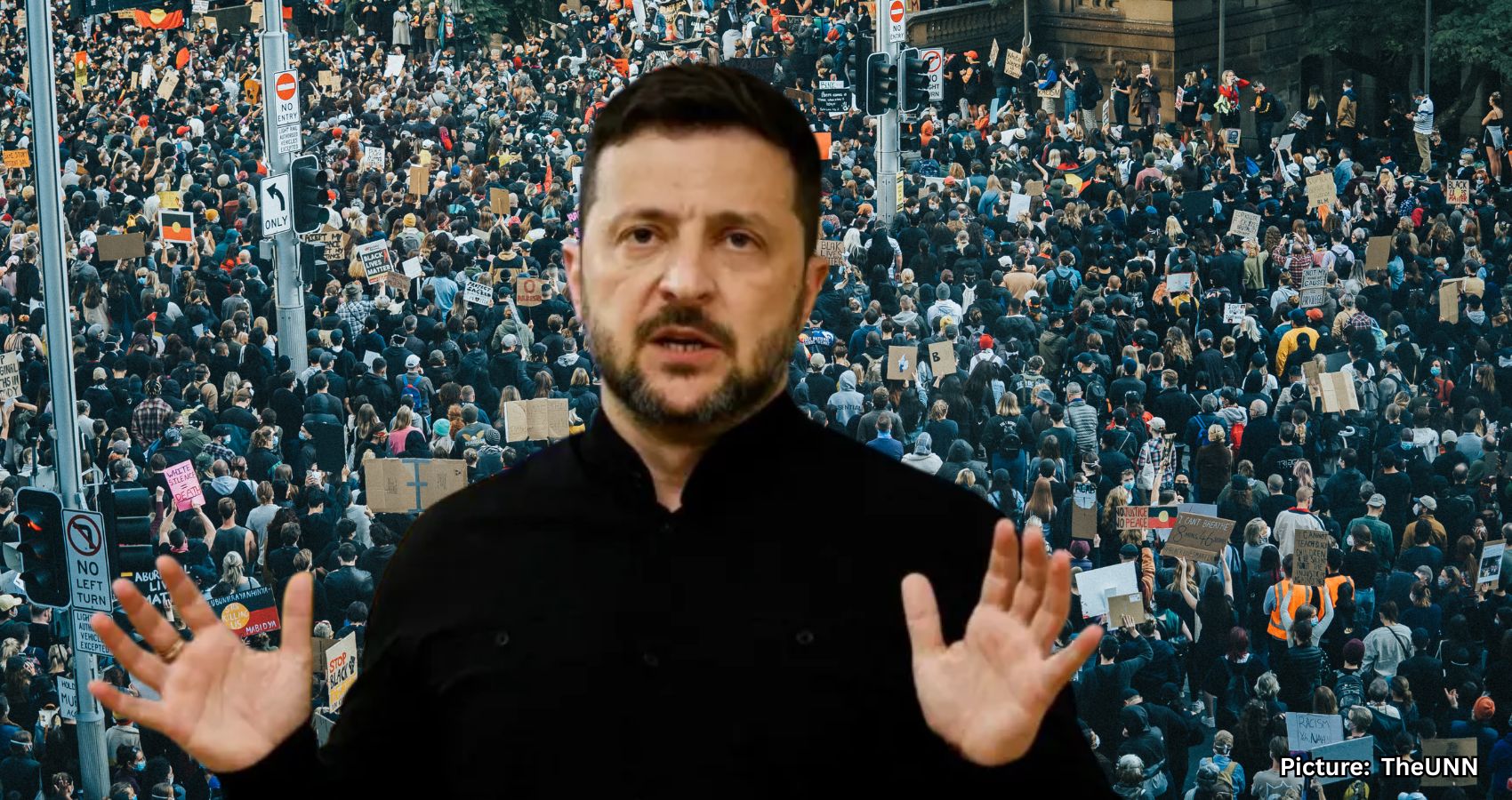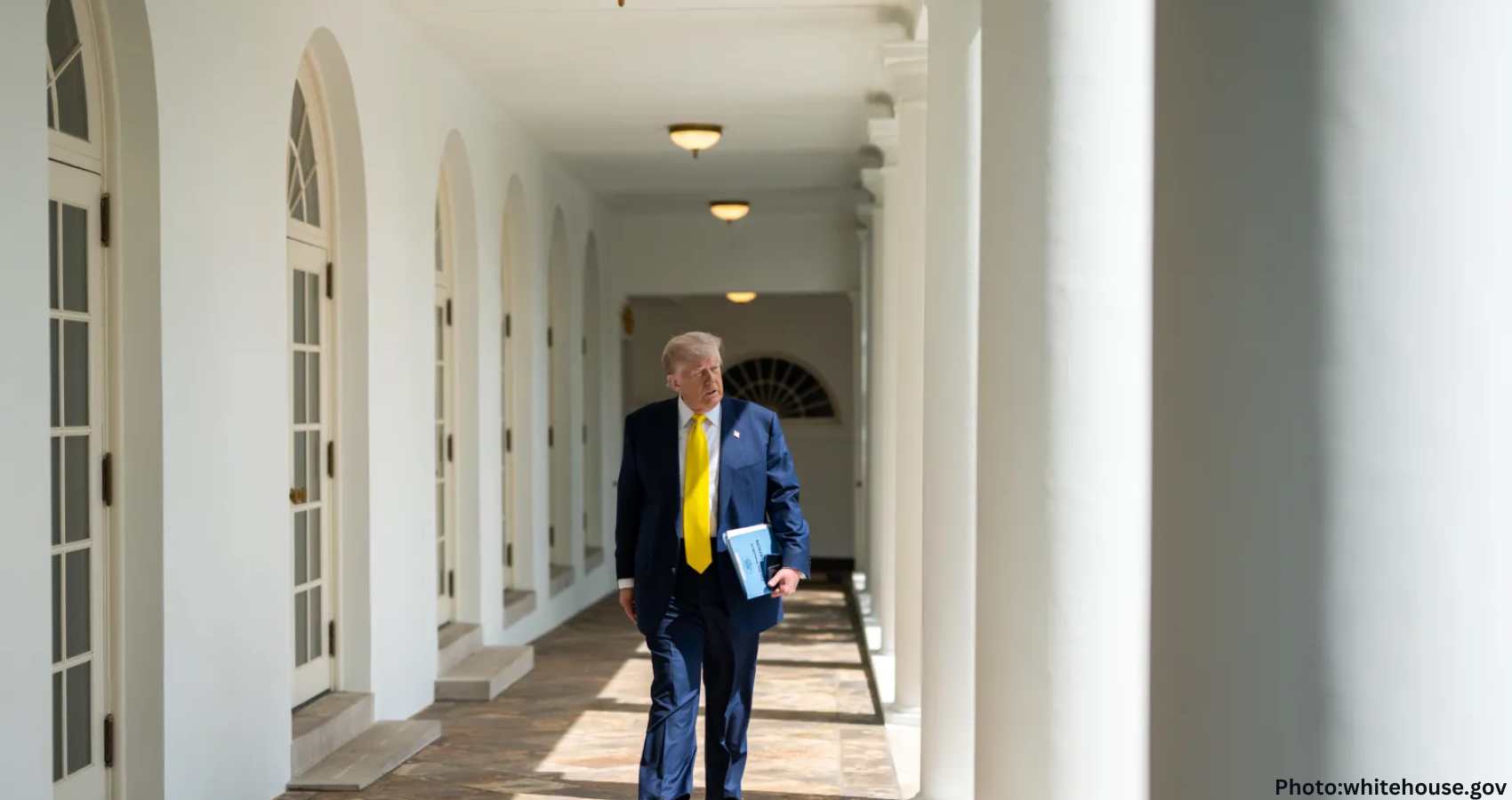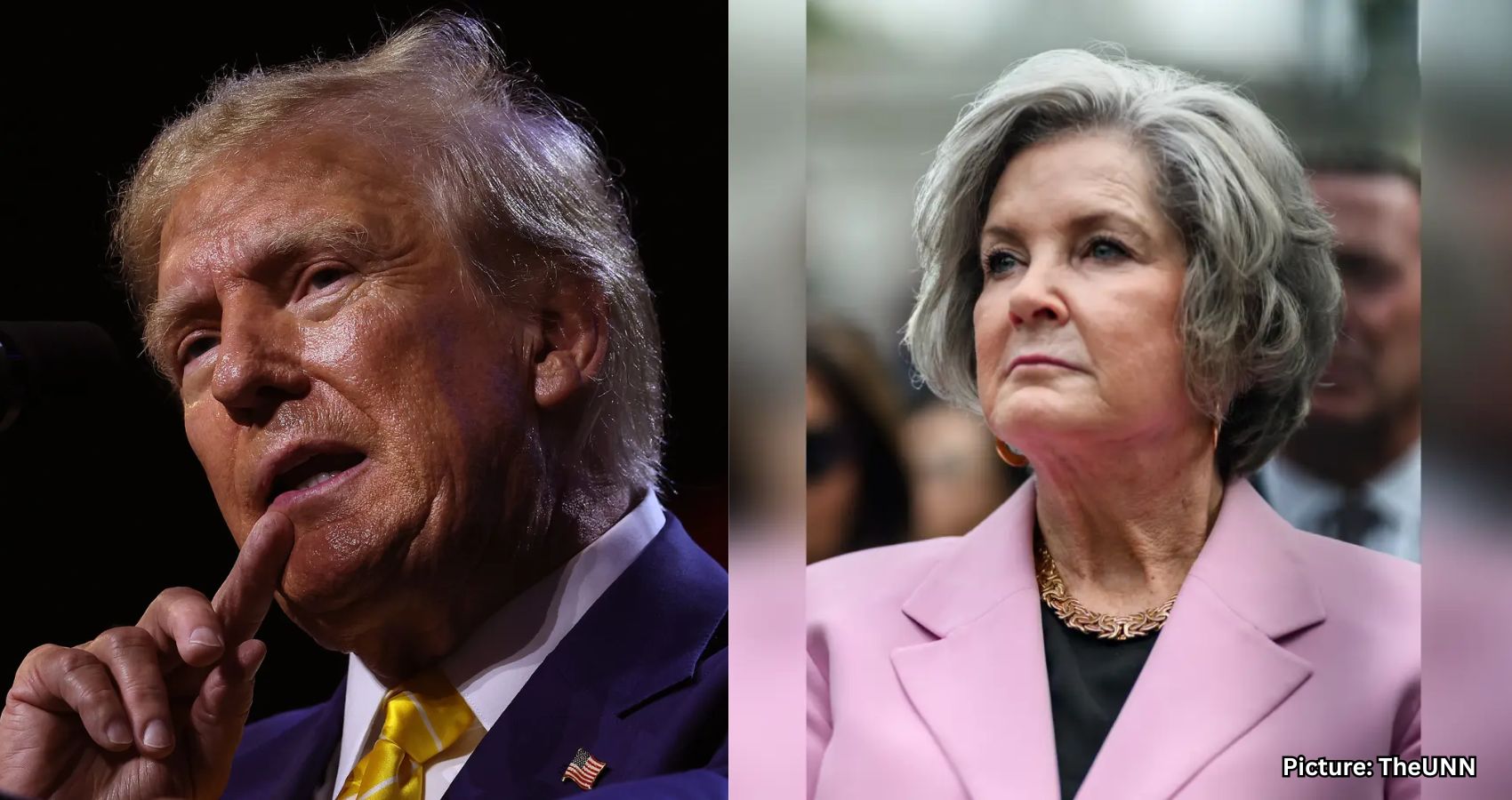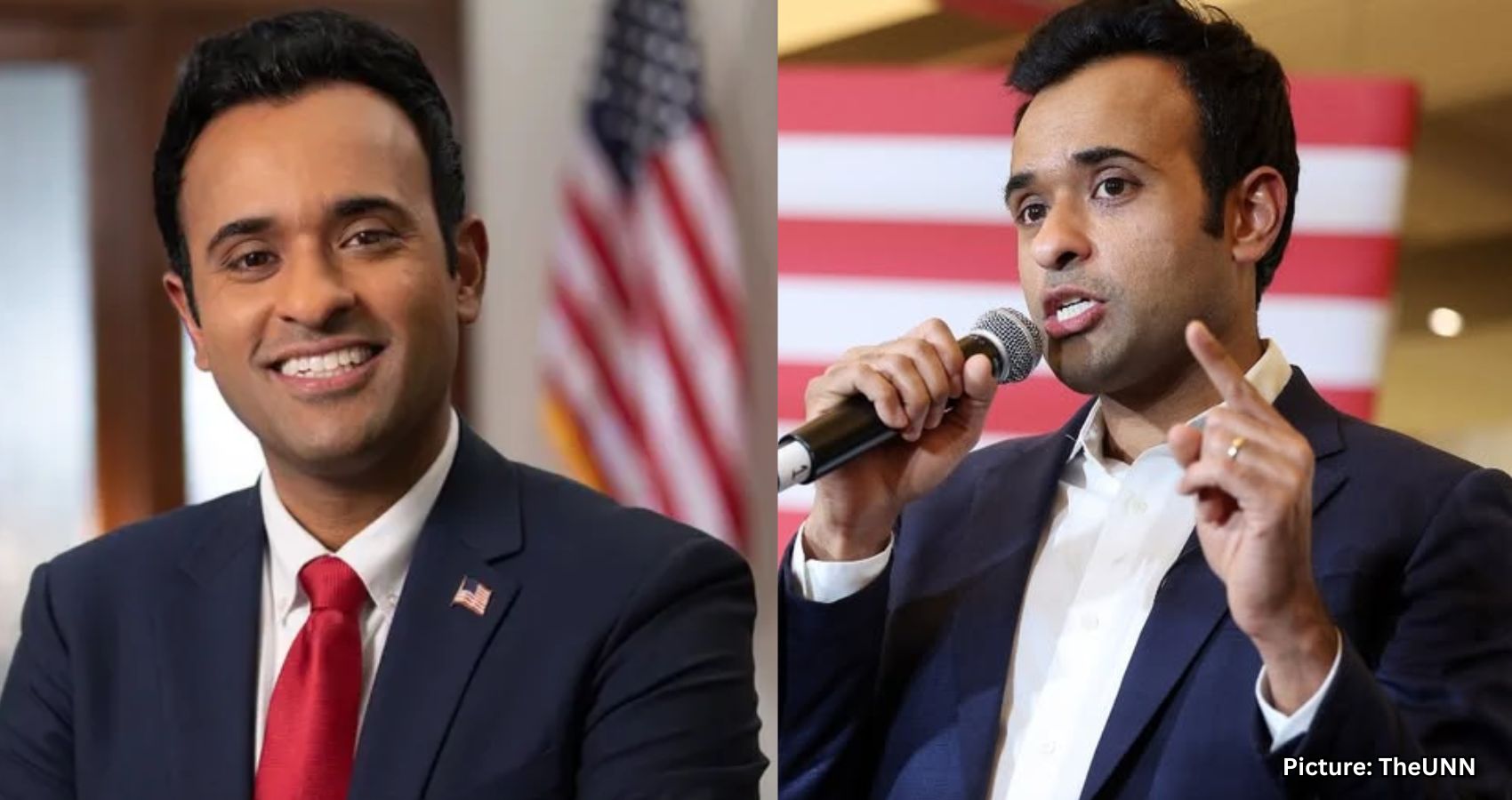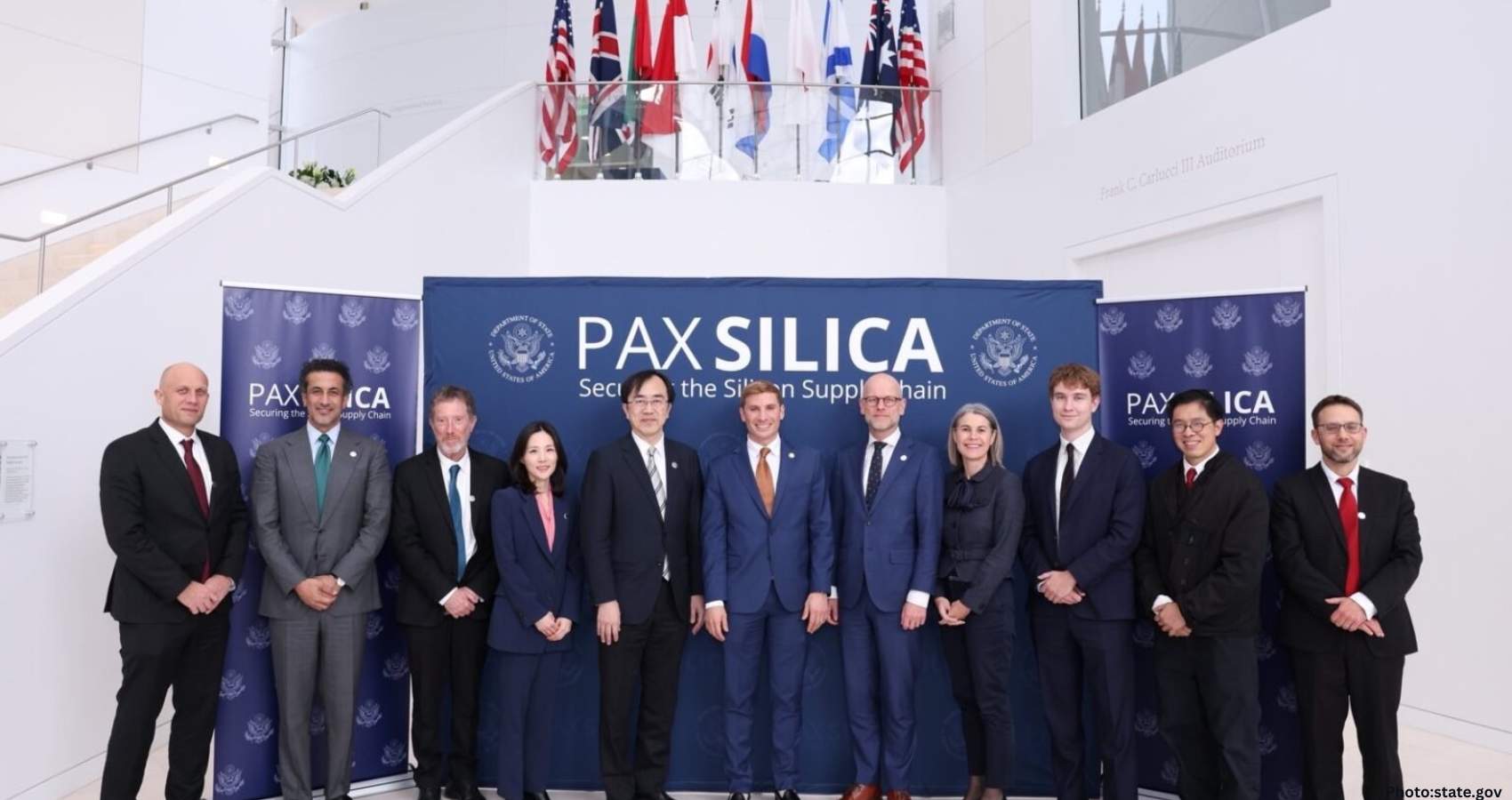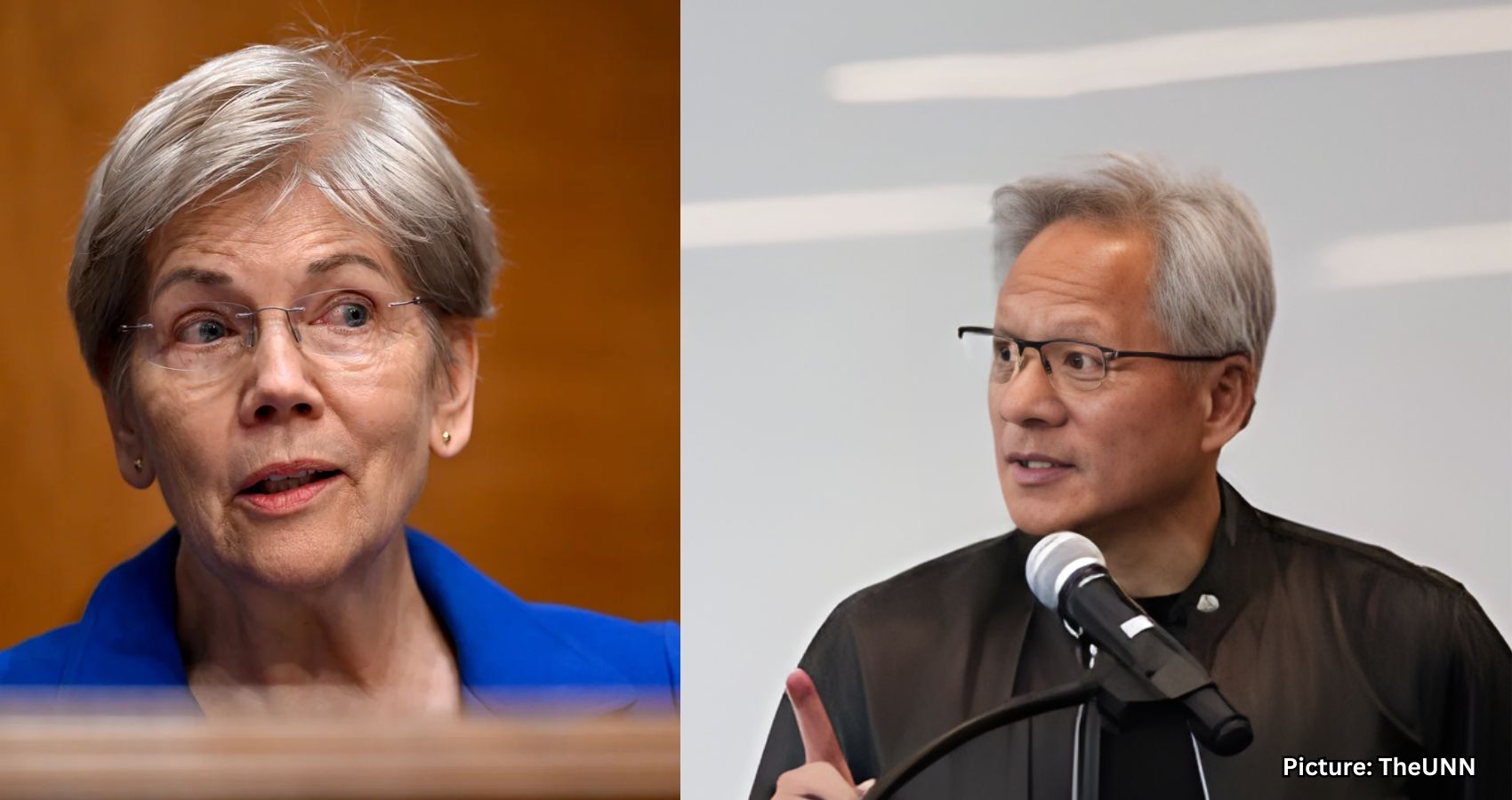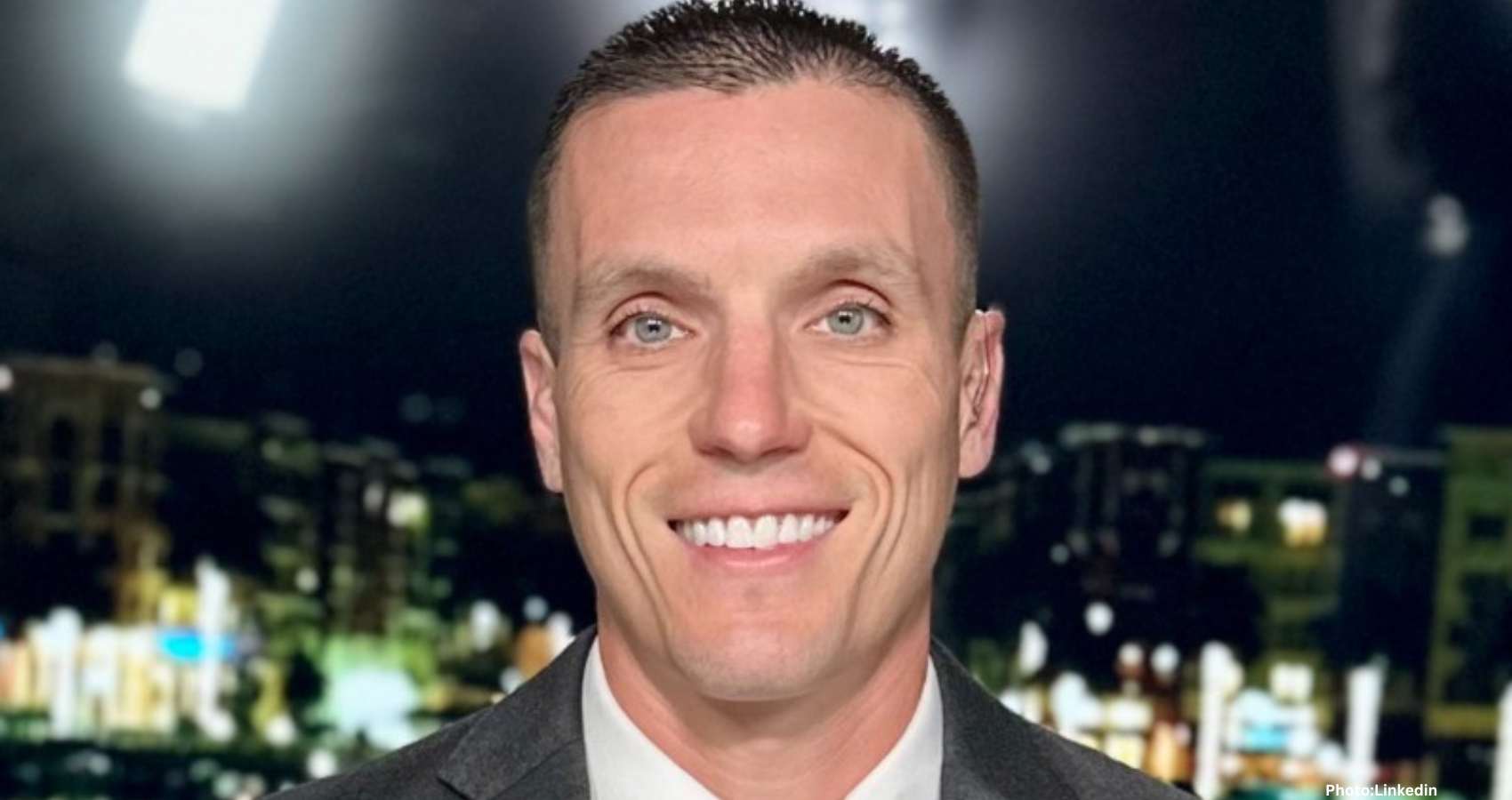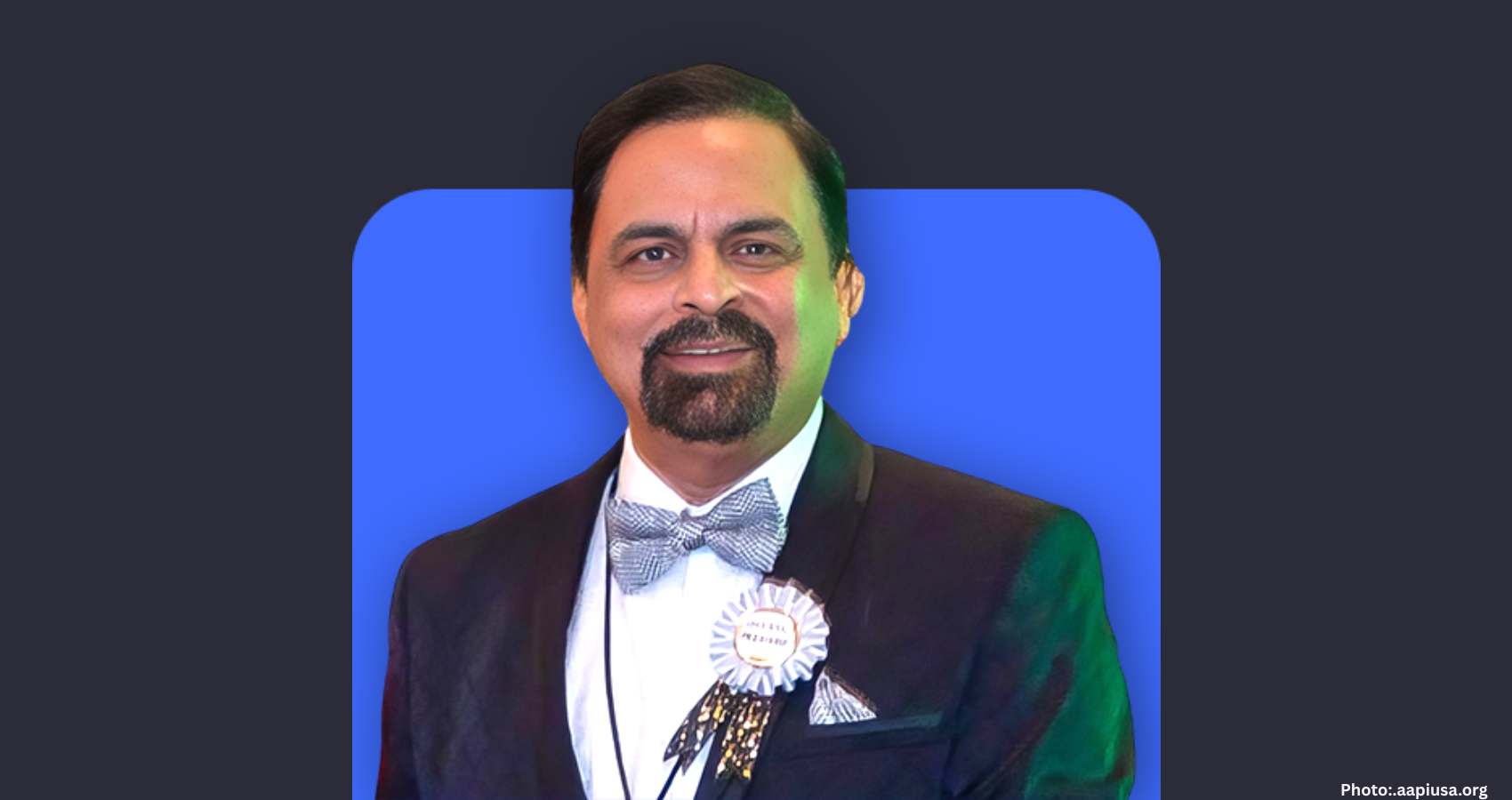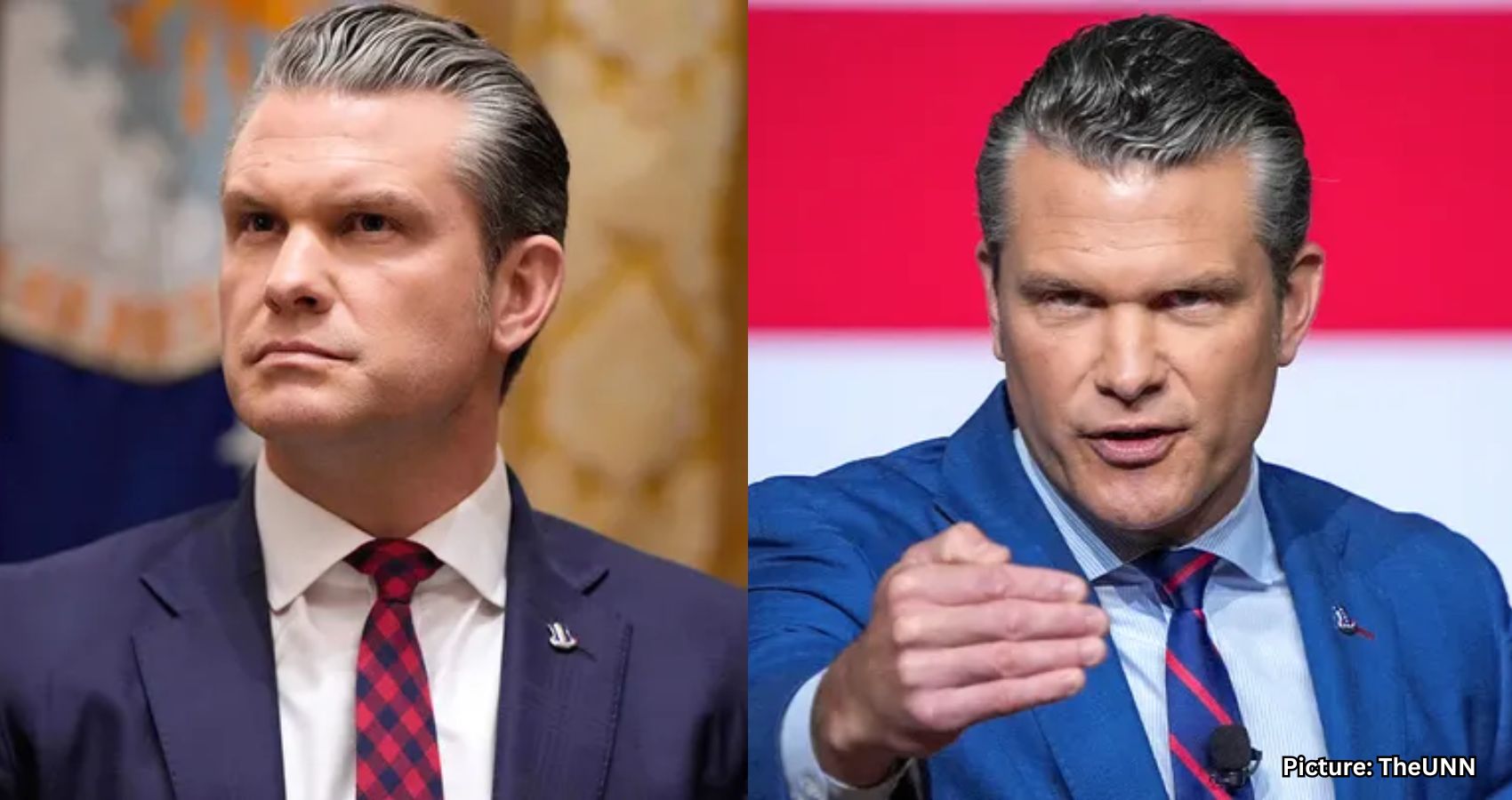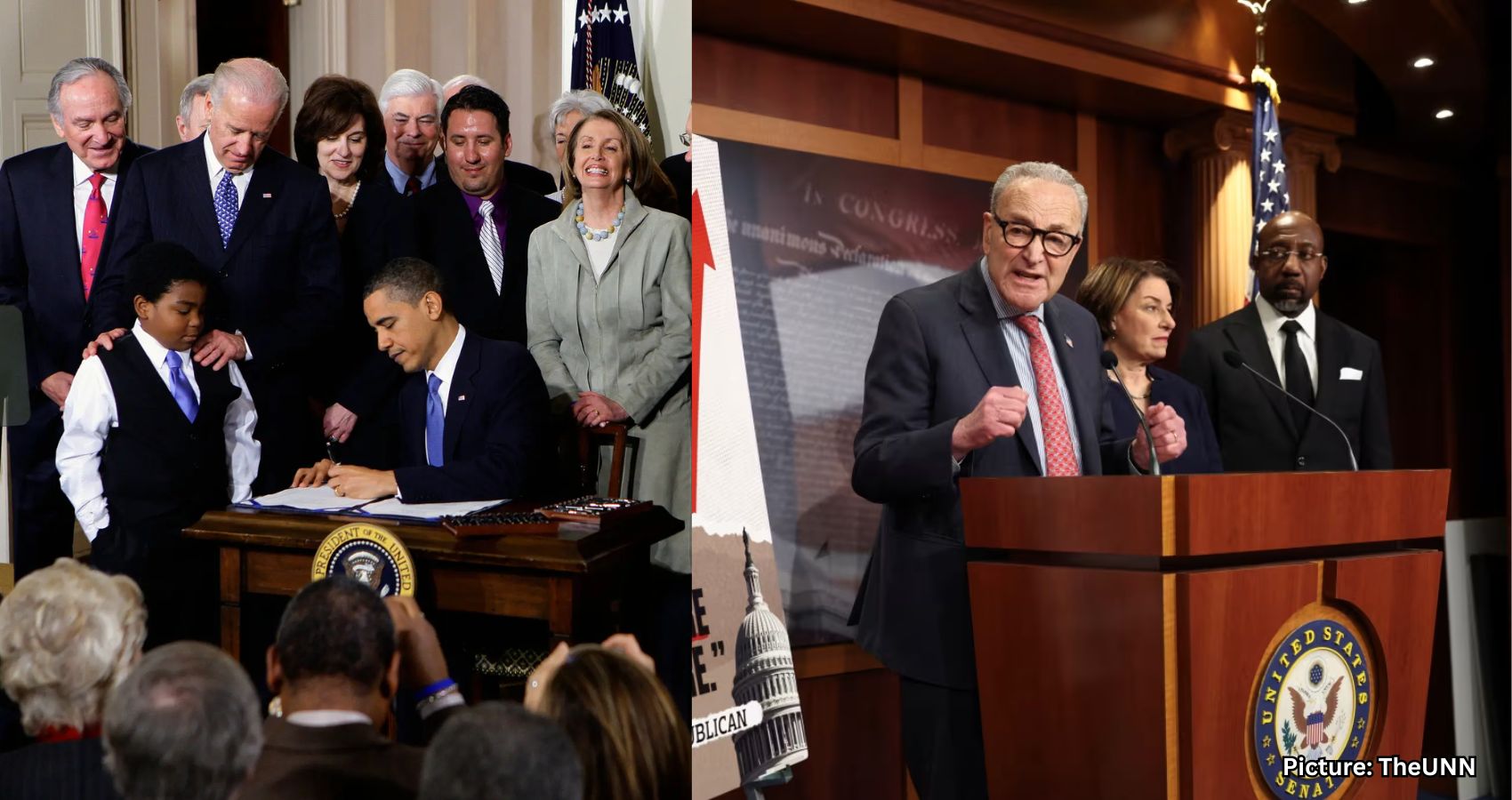California is expanding maternal health care through Medi-Cal, offering comprehensive benefits regardless of immigration status, even as federal health programs face cuts nationwide.
As federal health programs face potential cuts, California is taking significant steps to enhance maternal health care through its Medi-Cal program. The state now provides one of the most comprehensive maternal health benefit packages in the nation, ensuring that pregnant individuals have access to essential services.
Under the current Medi-Cal policy, pregnant Californians can receive full-scope coverage from the start of their pregnancy through 12 months postpartum, regardless of their immigration status. However, many families remain unaware that they qualify for this critical coverage.
During a December 4 briefing hosted by American Community Media, leaders from the California Department of Health Care Services (DHCS) discussed the expansion of access to maternal and reproductive health care. The panel included Raquel Saunders, MS, Section Chief of Medi-Cal Benefits and Legislation; Sarah Gilbert, Chief of the Office of Family Planning; and Eva Goodfriend-Reaño, Certified Nurse Midwife and Midwifery Clinical Chief at Alameda Health System.
The briefing highlighted the importance of early access to care and the availability of services for all, regardless of immigration status. The panel emphasized that Medi-Cal now covers midwife and doula services, providing families with more birthing options beyond traditional hospital settings, which can lead to improved maternal health outcomes.
California also offers the Family Planning Access, Care, and Treatment (Family PACT) program, a no-cost family planning initiative that complements Medi-Cal to strengthen maternal and reproductive care. The panel reassured attendees that undocumented Californians can safely access these services, even as care options become increasingly limited in other states.
Raquel Sanders addressed concerns among communities, particularly immigrants and families with varying immigration statuses, regarding changes to Medi-Cal and its impact on their care. She stated, “We understand that many in our community are feeling uncertain about upcoming changes to medical care and how those changes may impact their families.”
However, she clarified that all pregnant individuals, regardless of immigration status, are eligible for full-scope Medi-Cal from the beginning of their pregnancy through 12 months after the baby is born.
In recent years, Medi-Cal has expanded maternal health services and introduced new care options. Programs like CalAIM and the Birthing Care Pathway are designed to improve access to care, reduce maternal complications, and provide culturally responsive support for pregnant and postpartum members.
Children and youth under the age of 19 are also eligible for full-scope Medi-Cal, which helps families access essential services such as prenatal checkups, birth planning, and mental health care, including support for postpartum depression.
The DHCS has developed easy-to-understand flyers to help families navigate the wide range of maternal health services available. These resources assist members in choosing the care they need and understanding the different types of maternal care providers, including OBGYNs, midwives, and doulas.
Since January 2023, Medi-Cal has covered doula services, which provide emotional and physical support during pregnancy, labor, birth, and postpartum. Sanders noted, “The doula and midwifery care are helping to reshape the maternal healthcare landscape and expand culturally responsive options for Medi-Cal members.” Doulas also assist after miscarriage or abortion, provide birth planning and lactation support, and help connect members to community resources.
Medi-Cal covers initial visits, up to eight additional visits, support during labor, and two extended postpartum visits, with the option for up to nine extra postpartum visits based on provider recommendations. The DHCS maintains a directory of Medi-Cal-enrolled doulas by county, detailing languages spoken and specialties to help members find appropriate care.
Sanders emphasized that all pregnant individuals remain eligible for full-scope Medi-Cal services, including preventive dental care, regardless of immigration status. Midwifery services are also included, with certified nurse midwives and licensed midwives providing care for healthy, low-risk pregnancies. They offer prenatal checkups, personalized advice, and emotional support, delivering babies in hospitals, birth centers, or at home.
Midwives do not perform surgeries like C-sections but play a crucial role in ensuring safe pregnancies and healthy births. Together, Medi-Cal, CalAIM, doulas, and midwives provide accessible, culturally sensitive maternal care, ensuring that all pregnant Californians receive the support they need for a healthy pregnancy and safe postpartum recovery.
CalAIM and community supports further assist pregnant Medi-Cal members in addressing challenges that may affect their health, such as housing, food, and transportation. These services aim to meet individuals where they are and support their well-being before, during, and after pregnancy.
Community health workers, often referred to as promotoras or peer navigators, help Medi-Cal members understand their benefits, schedule appointments, and connect to essential services like prenatal care and mental health support. These workers build trust and improve health outcomes by sharing similar cultural backgrounds and languages with the communities they serve.
Sarah Gilbert, overseeing the Office of Family Planning, highlighted the importance of the Family PACT program in maternal health. “The program plays a vital role in helping individuals plan spacing and maintain healthy pregnancies when they are ready to have children,” she stated.
Family PACT provides contraceptive and reproductive health services to income-eligible Californians, regardless of immigration status, serving those with incomes at or below 200% of the federal poverty level. The program is designed for individuals without health insurance or those facing barriers to accessing reproductive health services.
Enrollment in Family PACT is quick and easy, allowing individuals to sign up the same day they receive care at participating clinics or apply online. All services are free and confidential, with no immigration-related questions asked, ensuring that individuals can seek care without fear of jeopardizing their public charge status.
Family PACT offers a broad range of services, including education and counseling, assistance in choosing birth control, and access to all FDA-approved contraceptive methods. The program also provides reproductive health screenings, such as pregnancy tests and cervical cancer screenings, supporting informed decisions about family planning and maternal health.
In 2023, Family PACT served approximately 350,000 clients through around 1,200 provider locations statewide, making it a vital resource for accessible reproductive health care. Many clinics offer services in multiple languages, ensuring that care is both accessible and culturally appropriate.
Goodfriend-Reaño elaborated on the essential role of midwives in maternal and newborn care in California, noting that midwives deliver about 13% of vaginal births. They provide comprehensive care throughout the pregnancy journey, from preconception and prenatal care to birth and postpartum support.
With Medi-Cal now covering midwifery care for the full year after birth, midwives can support postpartum health, including addressing postpartum depression and anxiety through therapy and support groups. This continuous care during a critical time helps families recover and thrive.
Goodfriend-Reaño emphasized that California’s health care services are designed to care for everyone, regardless of immigration status. “Our community clinics, our FQHCs, our safety net hospitals, our county systems are set up to take care of everybody,” she stated.
By providing continuous, personalized care from preconception to one year postpartum, midwives play a crucial role in ensuring healthy pregnancies, safe births, and robust support for families across California.
“California will continue to invest in the health, dignity, and autonomy of its residents,” Gilbert concluded. “Together, we can ensure that every person has the support they need to make the reproductive health choices that are right for them,” according to Source Name.

